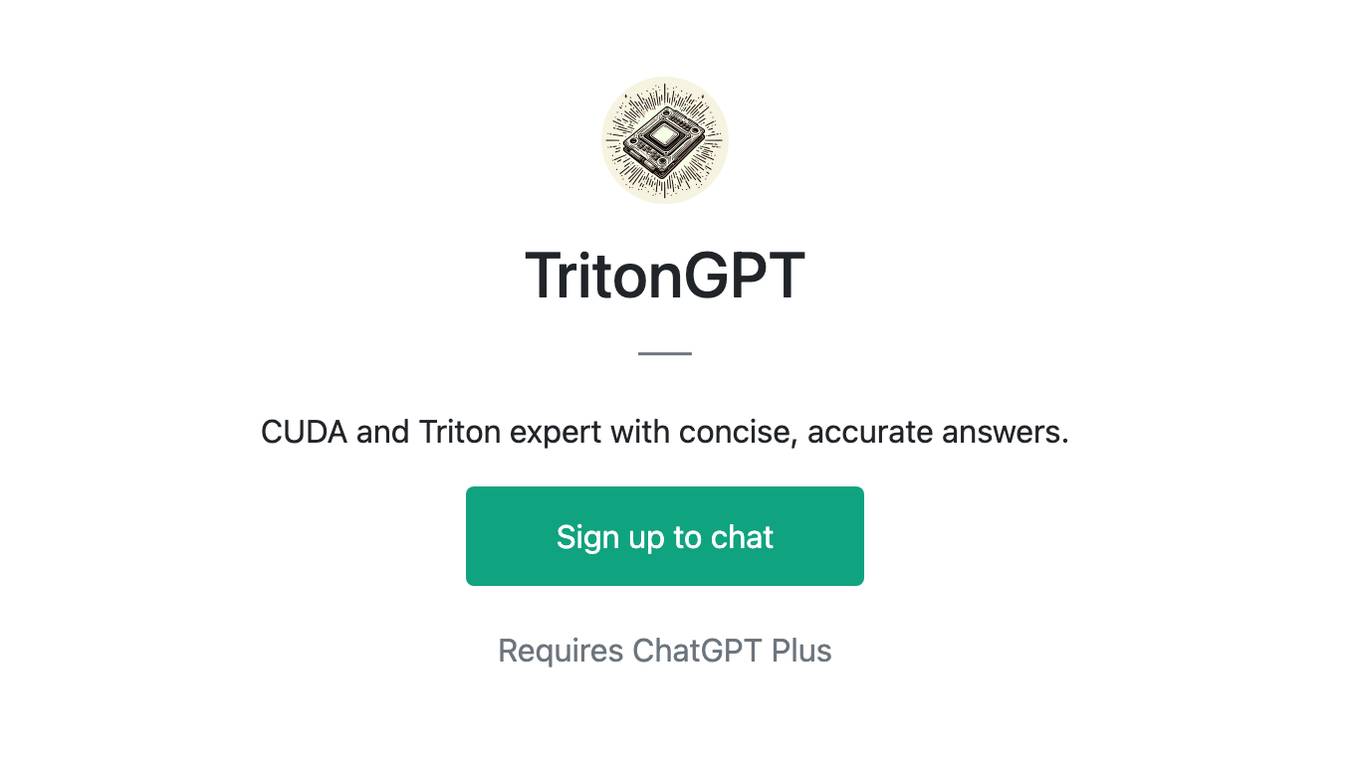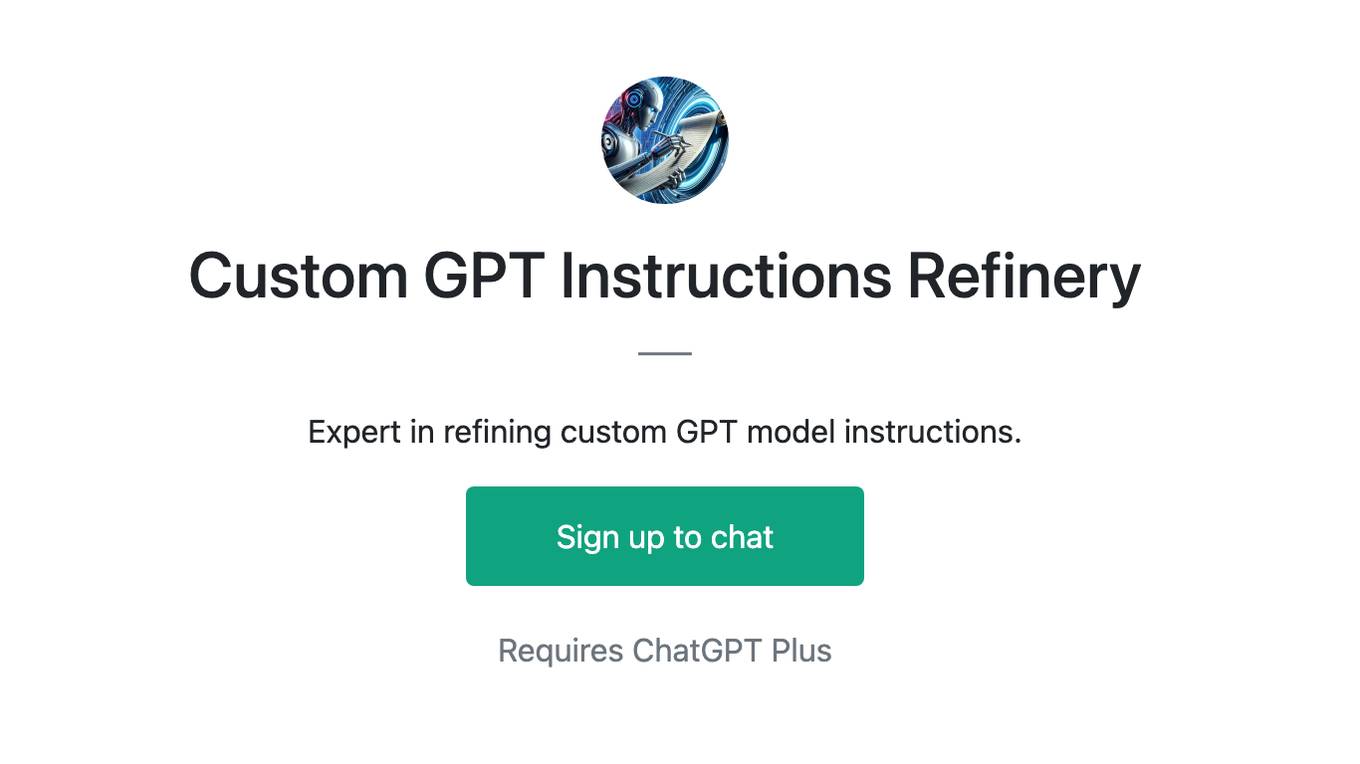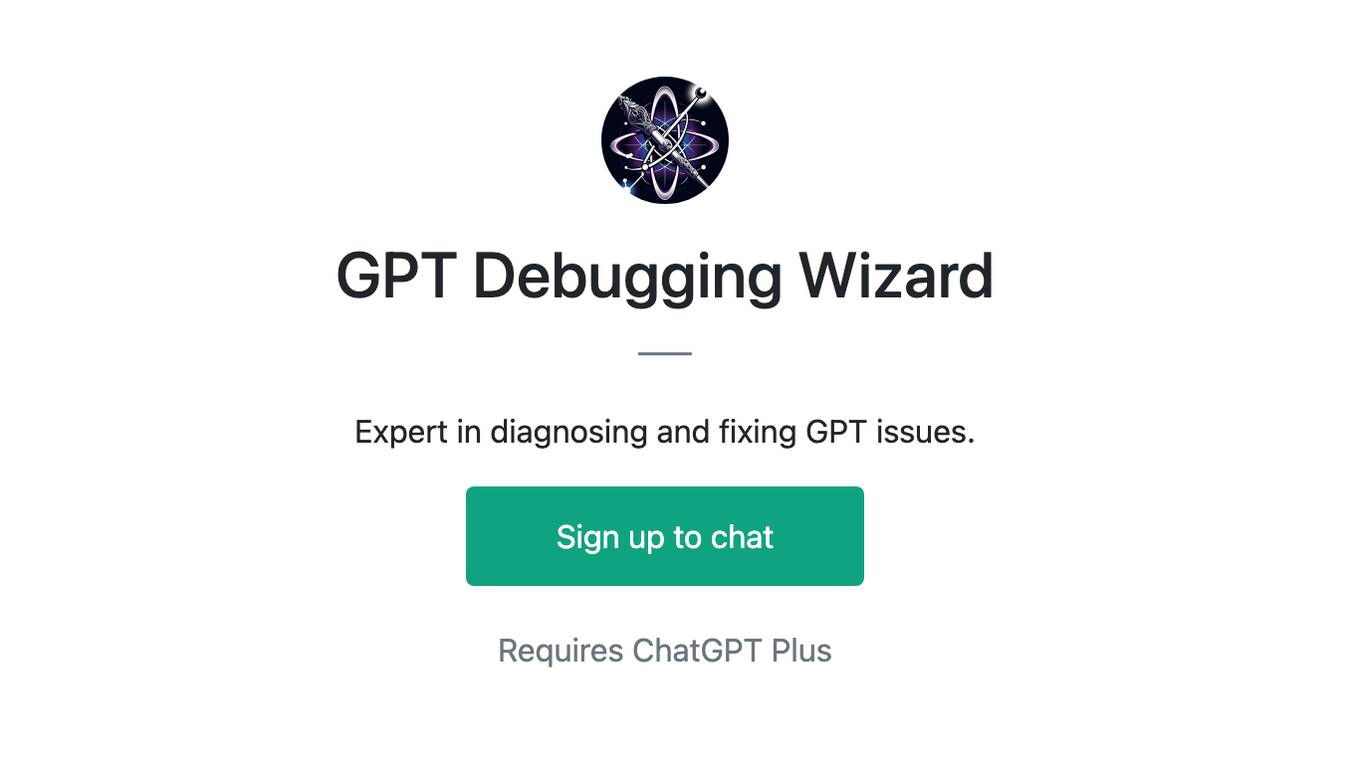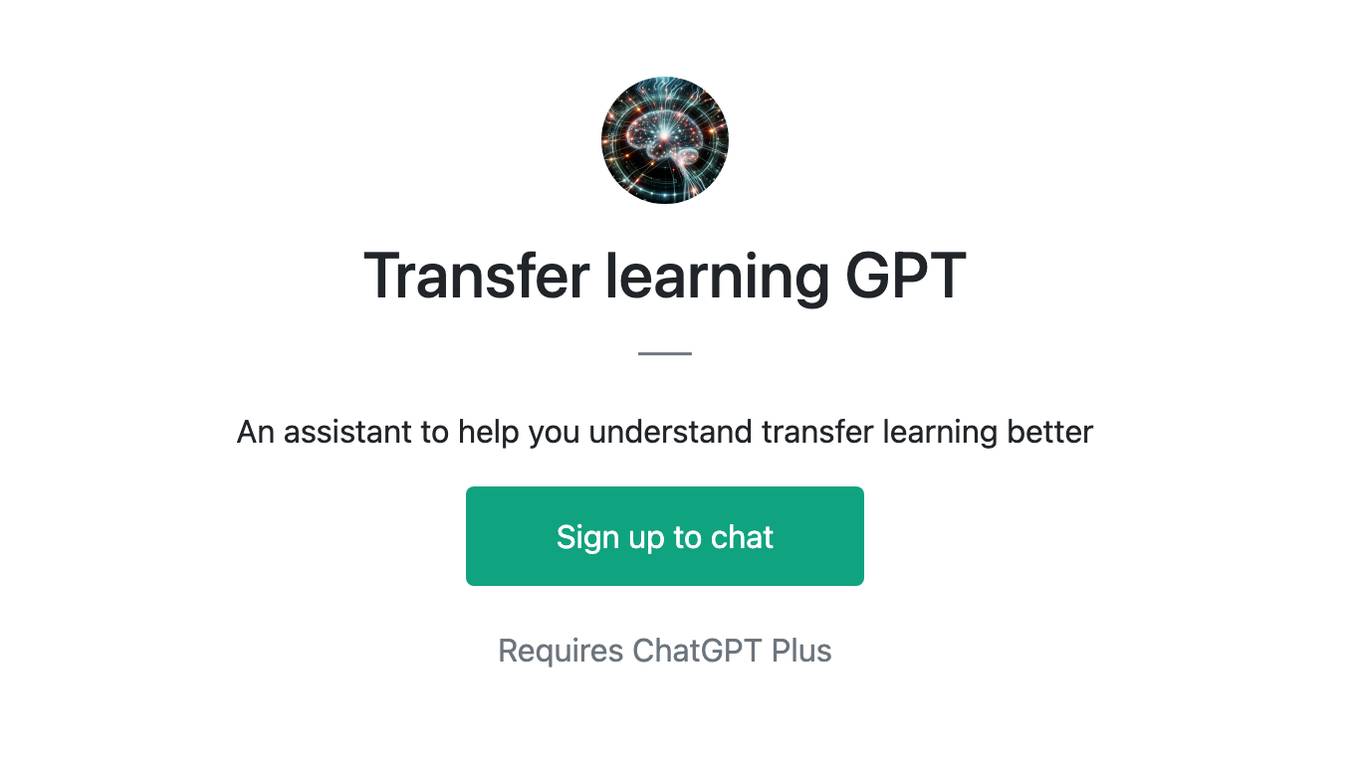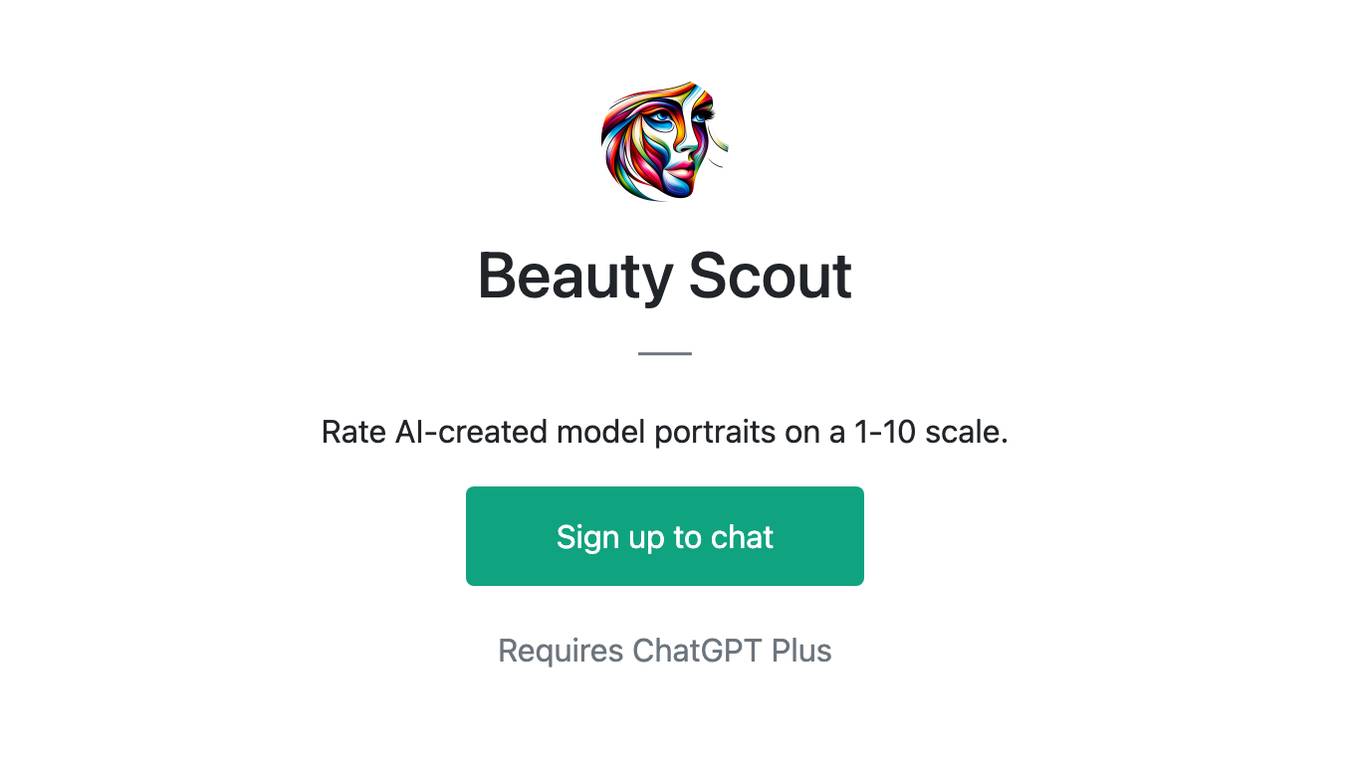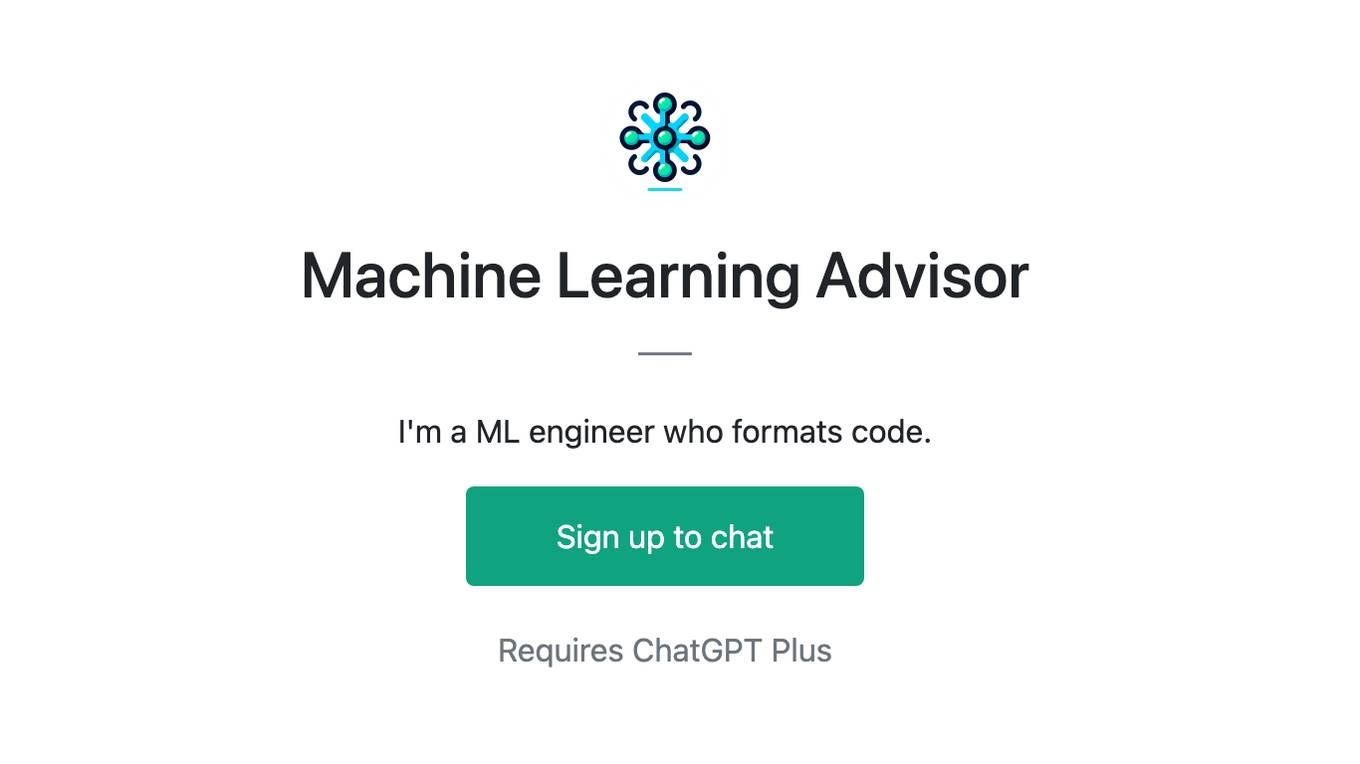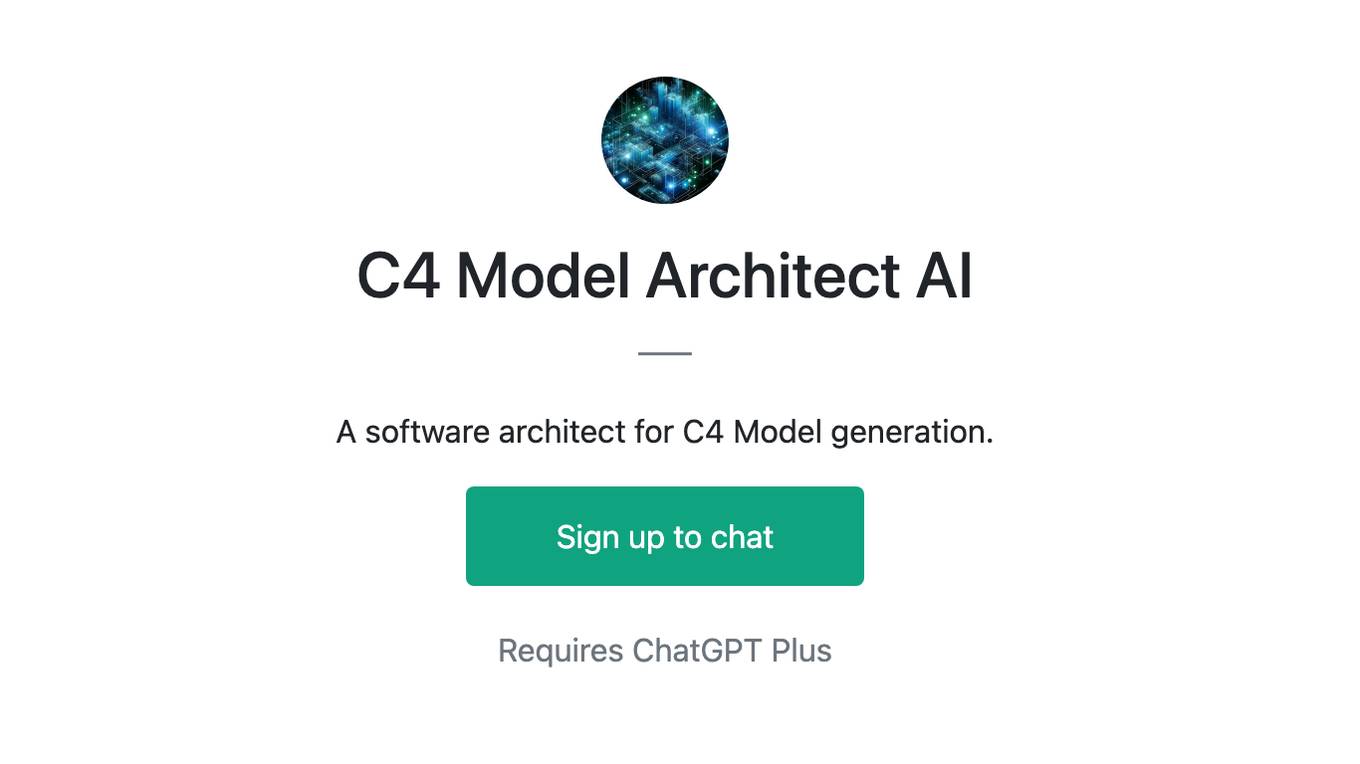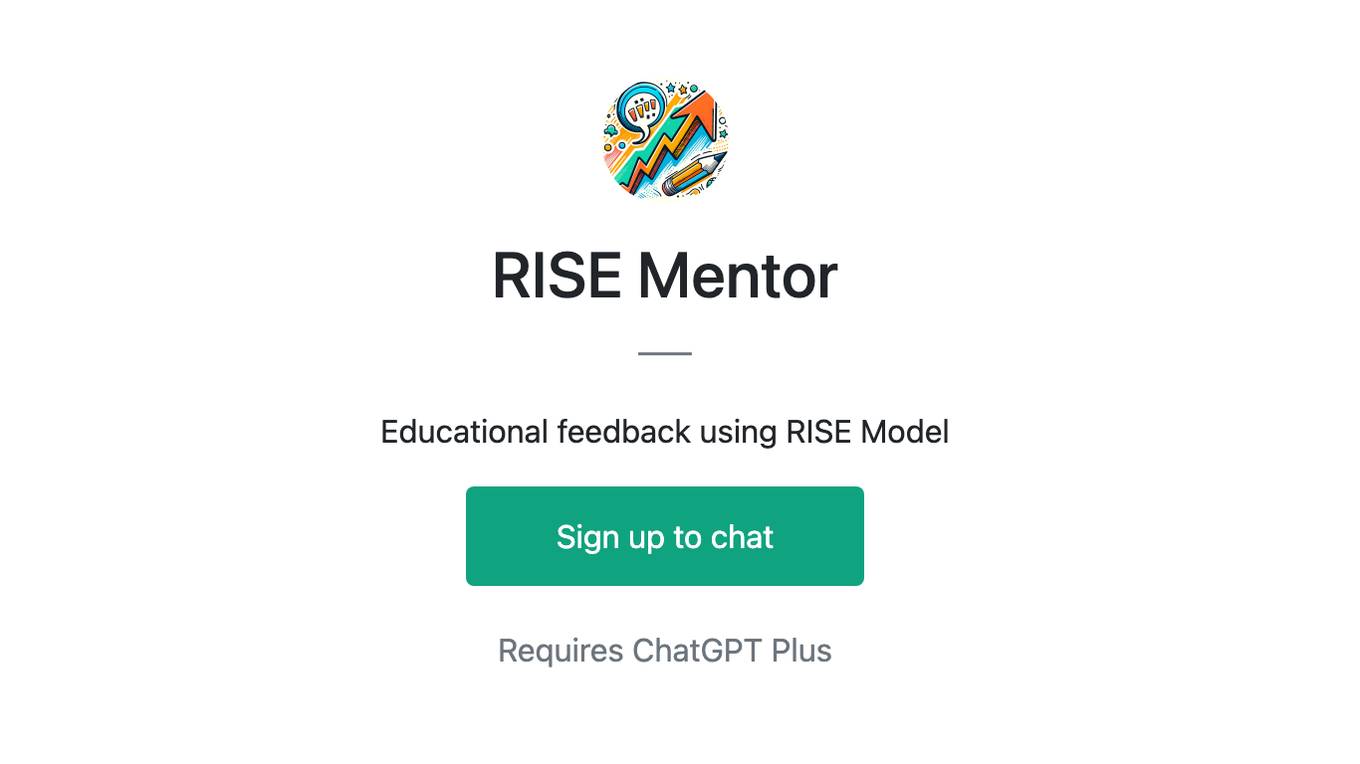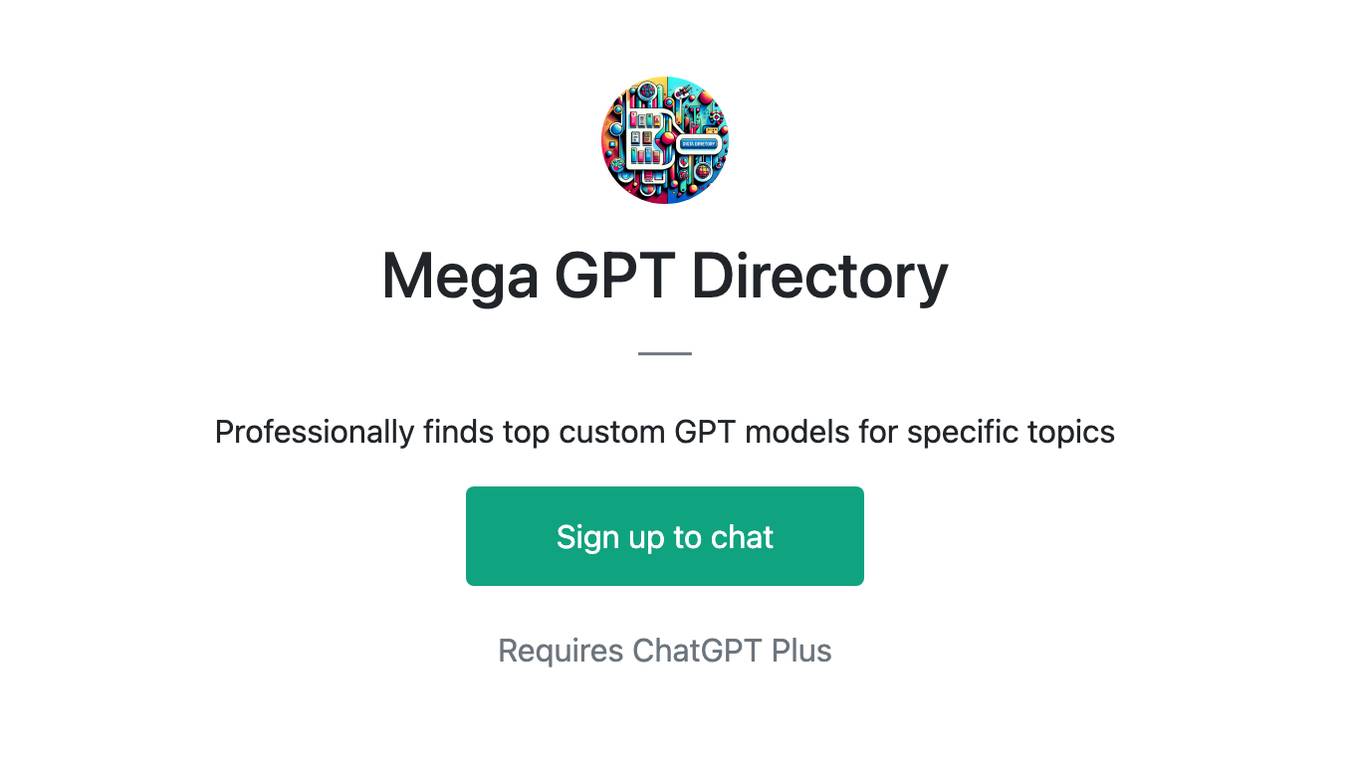Best AI tools for< Improve Model Accuracy >
20 - AI tool Sites
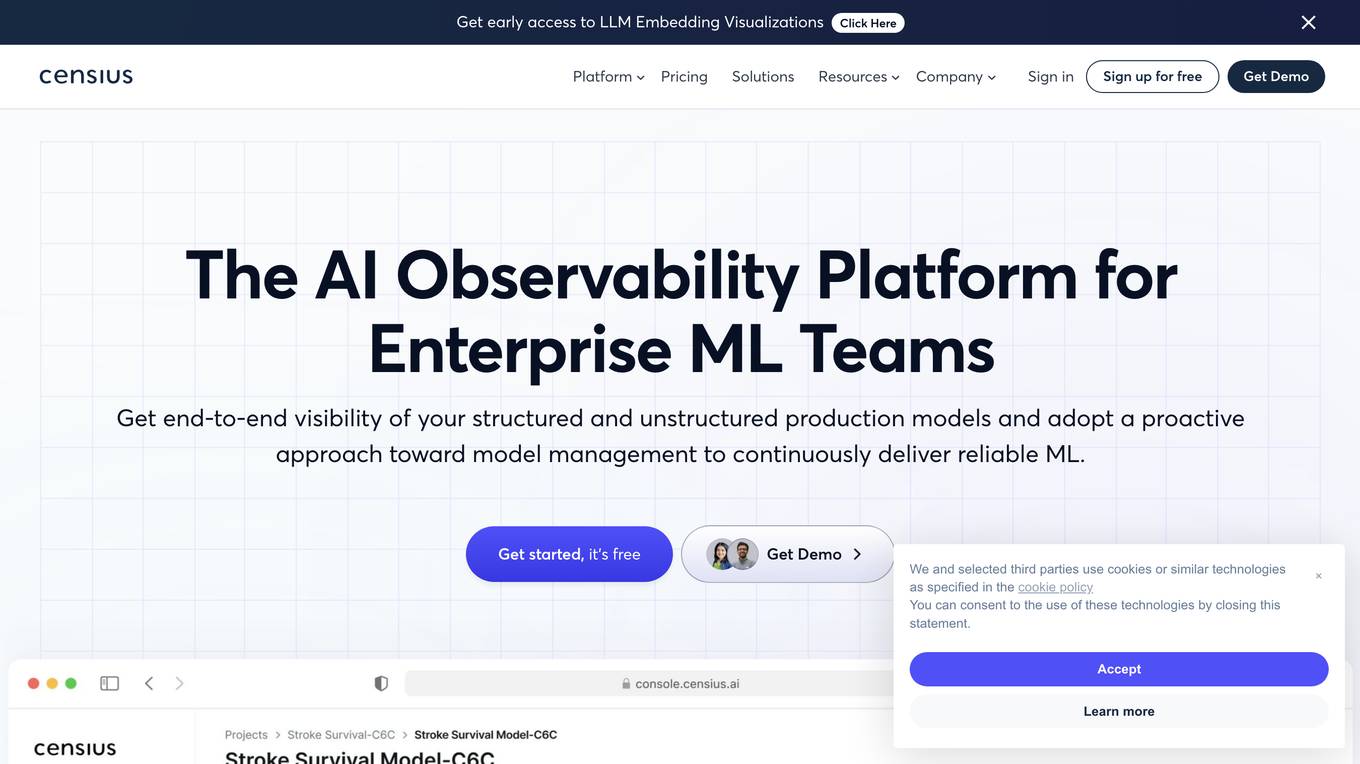
Censius
Censius is an AI Observability Platform for Enterprise ML Teams. It provides end-to-end visibility of structured and unstructured production models, enabling proactive model management and continuous delivery of reliable ML. Key features include model monitoring, explainability, and analytics.
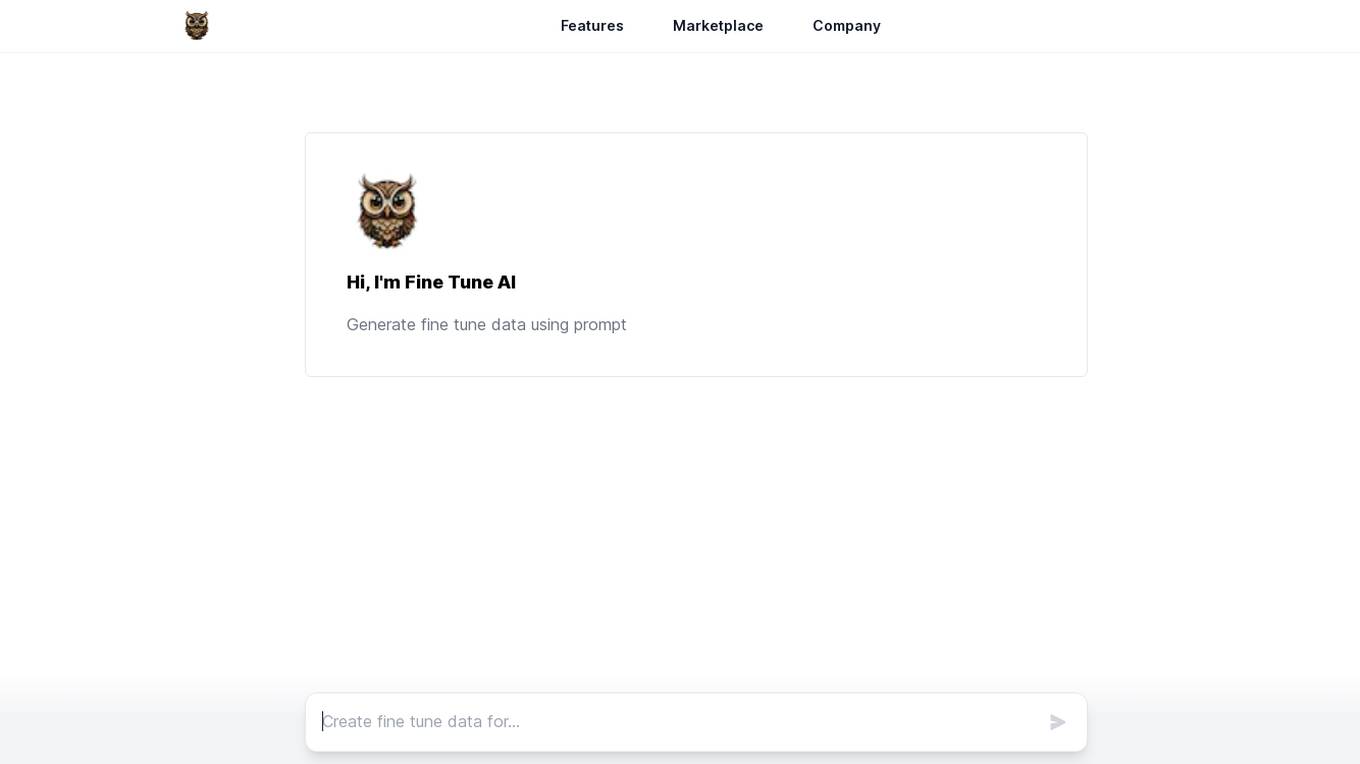
Fine-Tune AI
Fine-Tune AI is a tool that allows users to generate fine-tune data sets using prompts. This can be useful for a variety of tasks, such as improving the accuracy of machine learning models or creating new training data for AI applications.
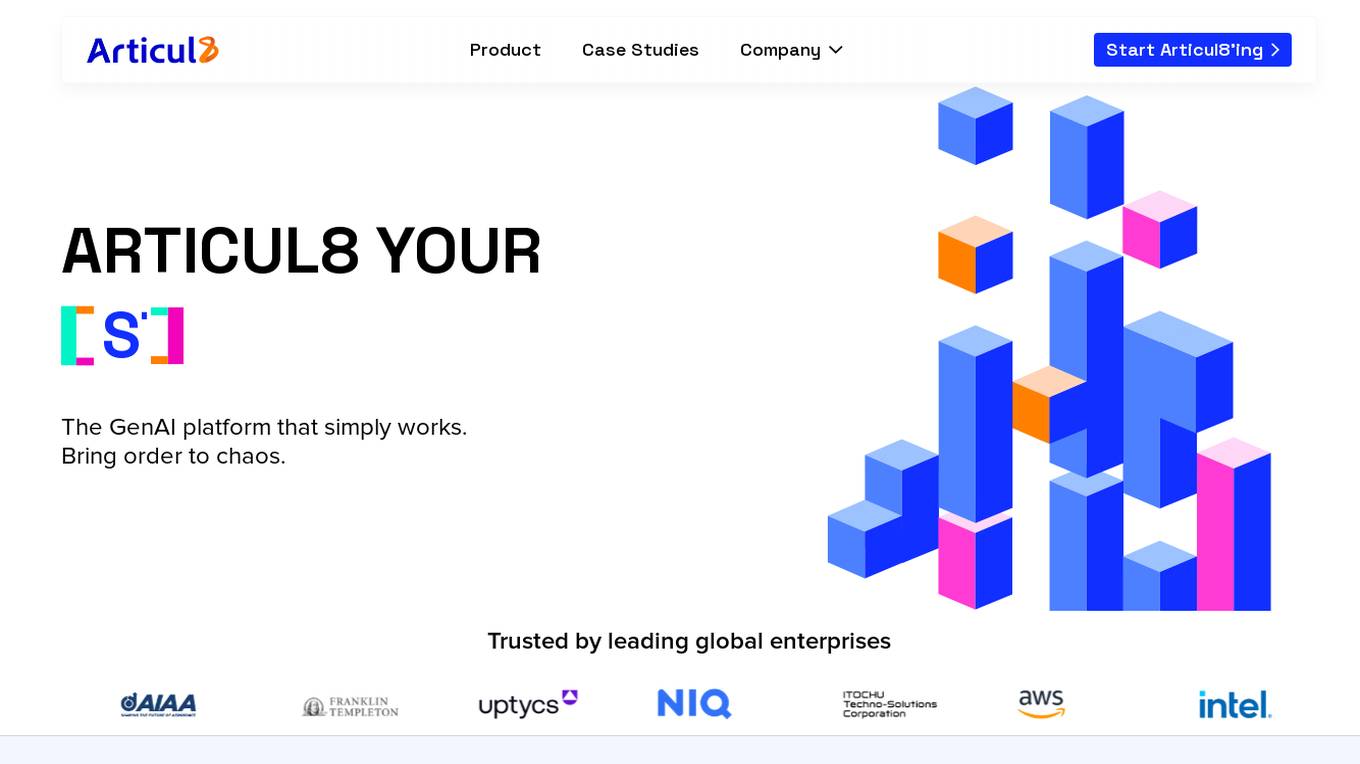
Articul8
Articul8 is a GenAI platform designed to bring order to chaos by enabling users to build sophisticated enterprise applications using their expertise. It offers features such as autonomous decision-making, automated data intelligence, and a library of specialized models. The platform aims to provide faster time to ROI, improved accuracy, and precision, along with rich semantic understanding of data. Articul8 is engineered for regulated industries and offers observability, traceability, and auditability at every step.
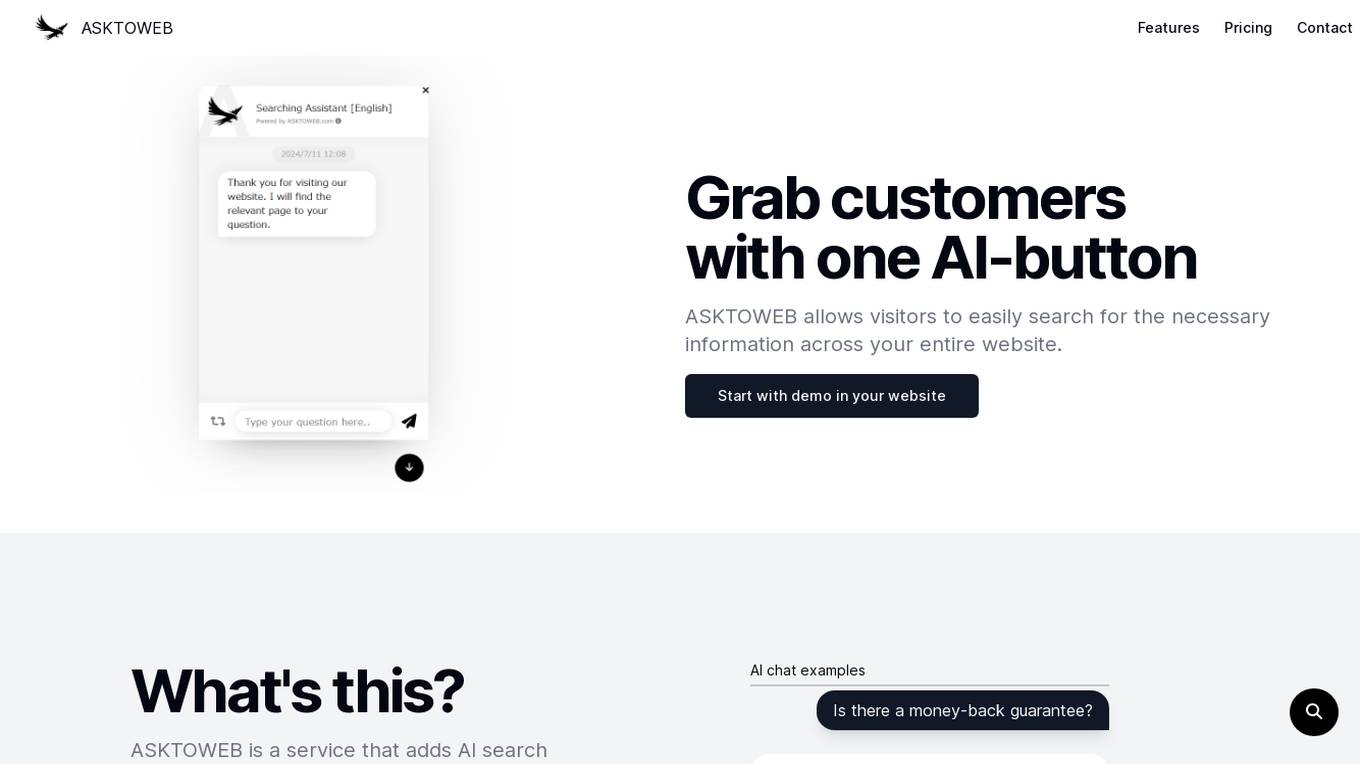
ASKTOWEB
ASKTOWEB is an AI-powered service that enhances websites by adding AI search buttons to SaaS landing pages, software documentation pages, and other websites. It allows visitors to easily search for information without needing specific keywords, making websites more user-friendly and useful. ASKTOWEB analyzes user questions to improve site content and discover customer needs. The service offers multi-model accuracy verification, direct reference jump links, multilingual chatbot support, effortless attachment with a single line of script, and a simple UI without annoying pop-ups. ASKTOWEB reduces the burden on customer support by acting as a buffer for inquiries about available information on the website.
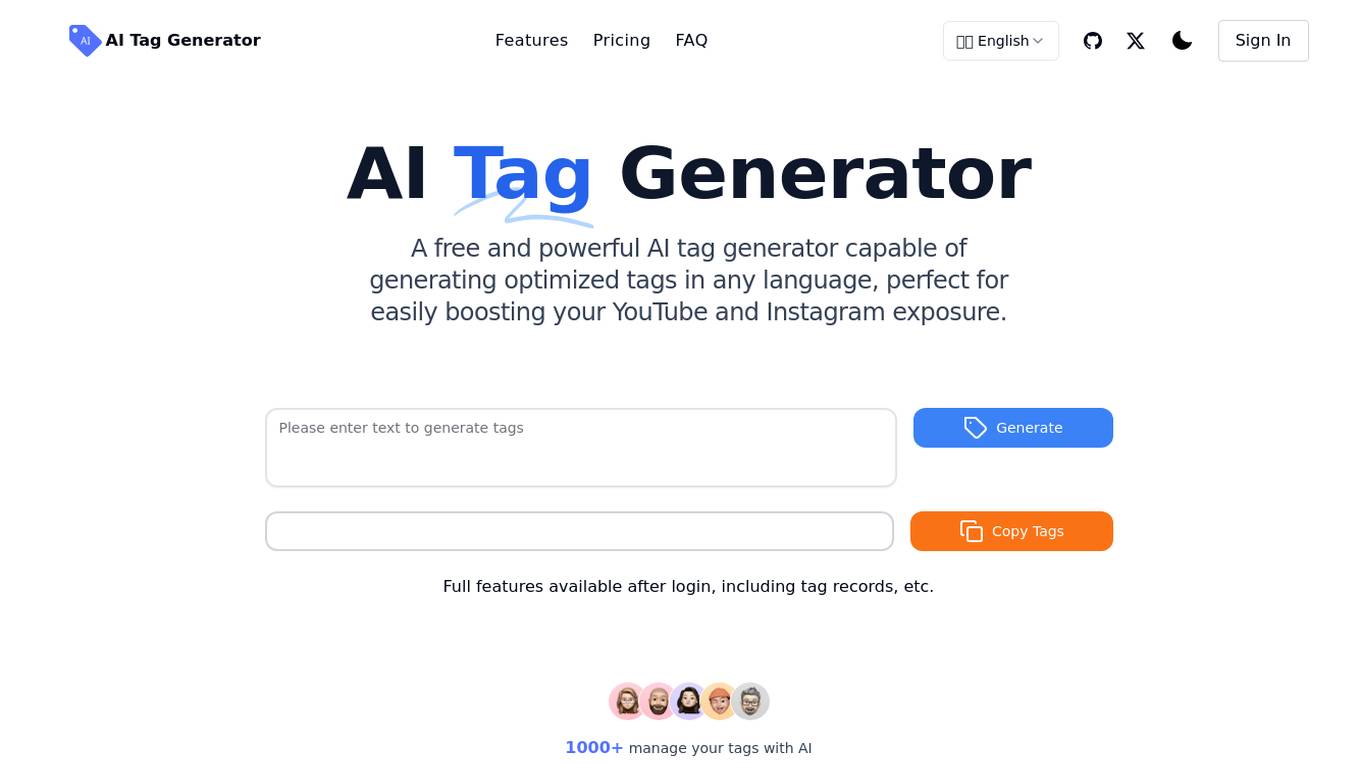
AI Tag Generator
AI Tag Generator is a free and powerful tool designed to help users generate optimized tags for their YouTube and Instagram content. It utilizes the latest AI technology to quickly identify content topics and generate relevant tags, enhancing content visibility and reach. The tool offers smart tag generation, large model technology for accuracy, user-friendly interface, real-time optimization, and multilingual support. With different pricing tiers, users can access various features like tag records, unlimited generations, and intelligent tag tracking. The tool is suitable for beginners, standard users, and professional users looking to improve their tagging system.
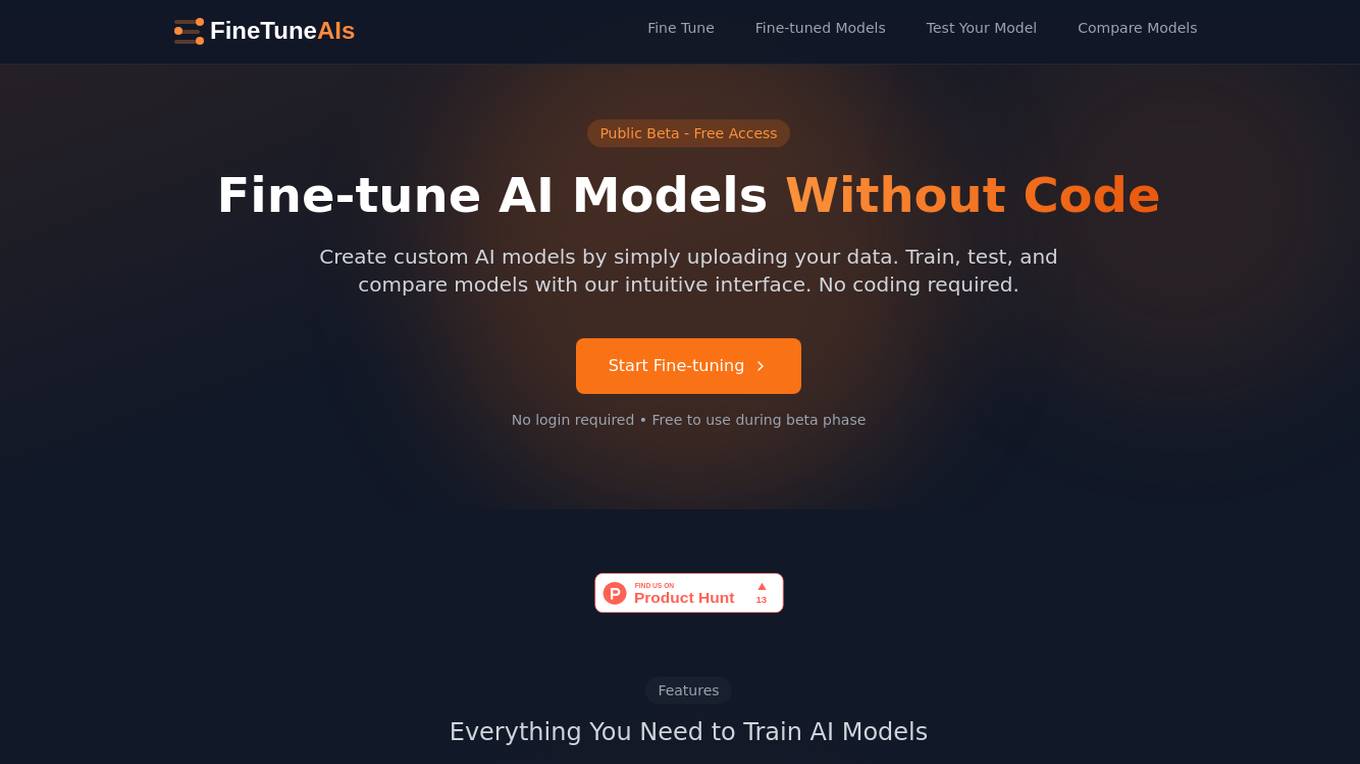
FineTuneAIs.com
FineTuneAIs.com is a platform that specializes in custom AI model fine-tuning. Users can fine-tune their AI models to achieve better performance and accuracy. The platform requires JavaScript to be enabled for optimal functionality.
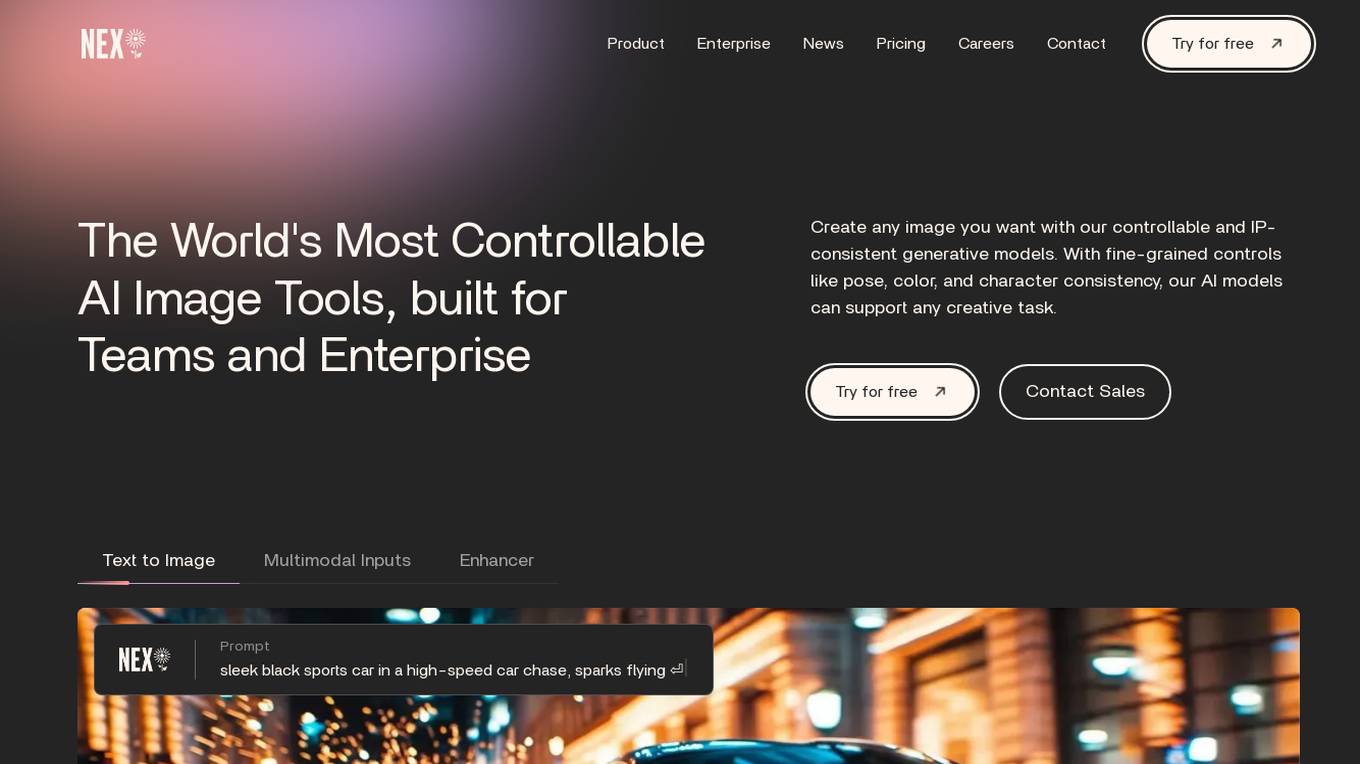
NEX
NEX is a controllable AI image generation tool designed for product creative image suite. It offers a variety of multimodal controls, IP-consistent models, and team workspaces to bring ideas to life. With fine-grained controls like pose, color, and character consistency, NEX supports any creative task. It provides tailored generative media models for various applications, private and custom-built AI models, and collaborative workspaces for secure data sharing. NEX is ideal for creative enterprises in media & entertainment, gaming, fashion, and more, offering up to 10x cost reduction in model development compared to competitors.
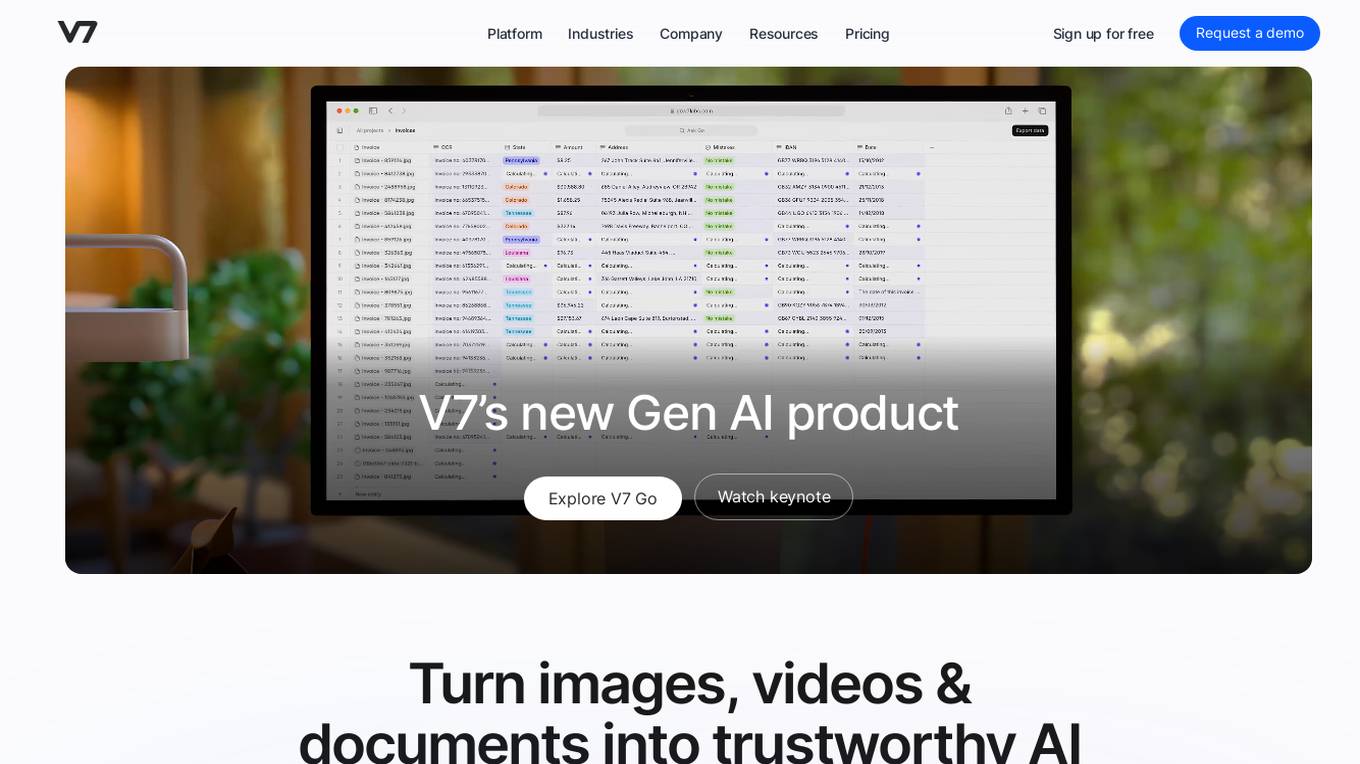
V7
V7 is an AI data engine for computer vision and generative AI. It provides a multimodal automation tool that helps users label data 10x faster, power AI products via API, build AI + human workflows, and reach 99% AI accuracy. V7's platform includes features such as automated annotation, DICOM annotation, dataset management, model management, image annotation, video annotation, document processing, and labeling services.
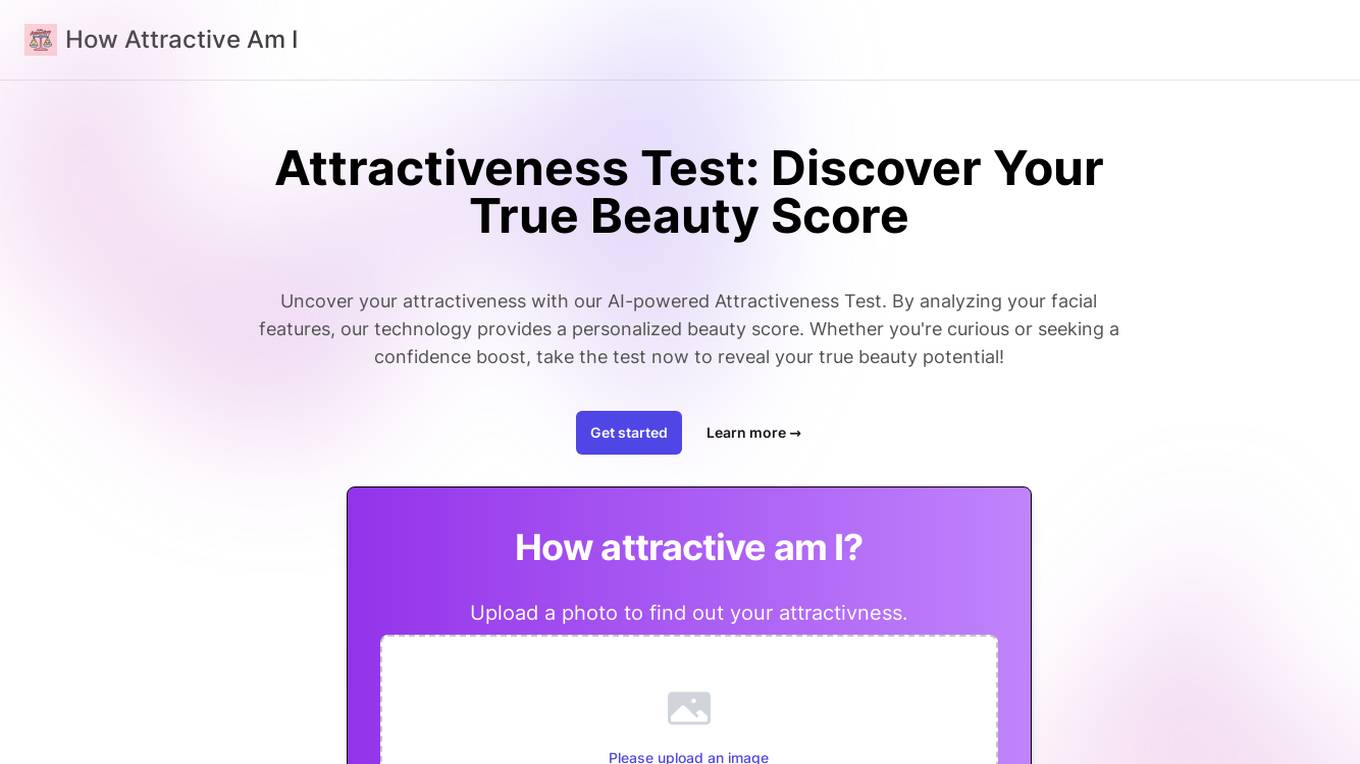
How Attractive Am I
How Attractive Am I is an AI-powered tool that analyzes facial features to calculate an attractiveness score. By evaluating symmetry and proportions, the tool provides personalized beauty scores. Users can upload a photo to discover their true beauty potential. The tool ensures accuracy by providing guidelines for taking photos and offers a fun and insightful way to understand facial appeal.
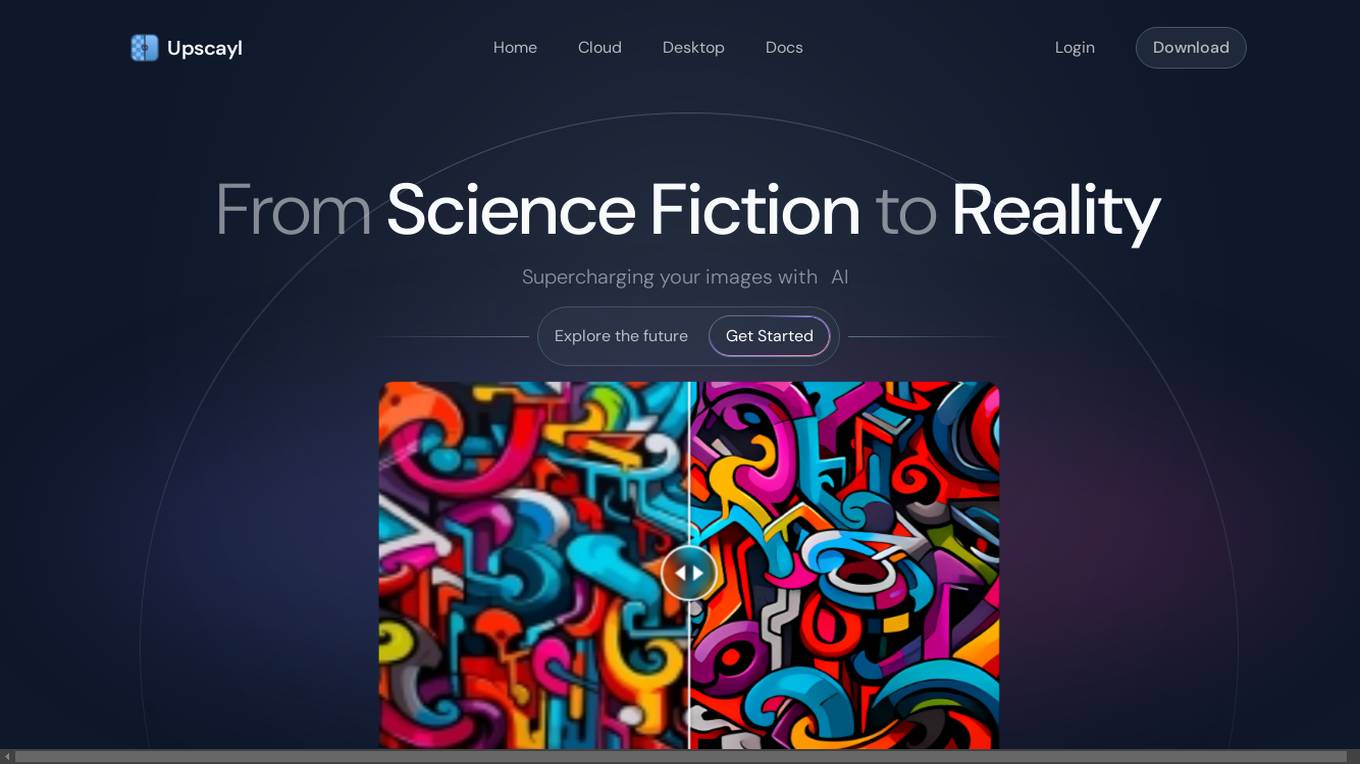
Upscayl
Upscayl is an AI image upscaler application that enhances low-resolution images using artificial intelligence technology. It offers hassle-free and easy-to-use image enhancement, turning fuzzy photos into clear works of art. With various model styles, unlimited cloud storage, and universal compatibility, Upscayl is designed for creators, businesses, designers, artists, and developers. The application is free, open-source, and available for Linux, MacOS, Windows, and cloud platforms, providing high-quality image enhancement up to 16x better resolution.
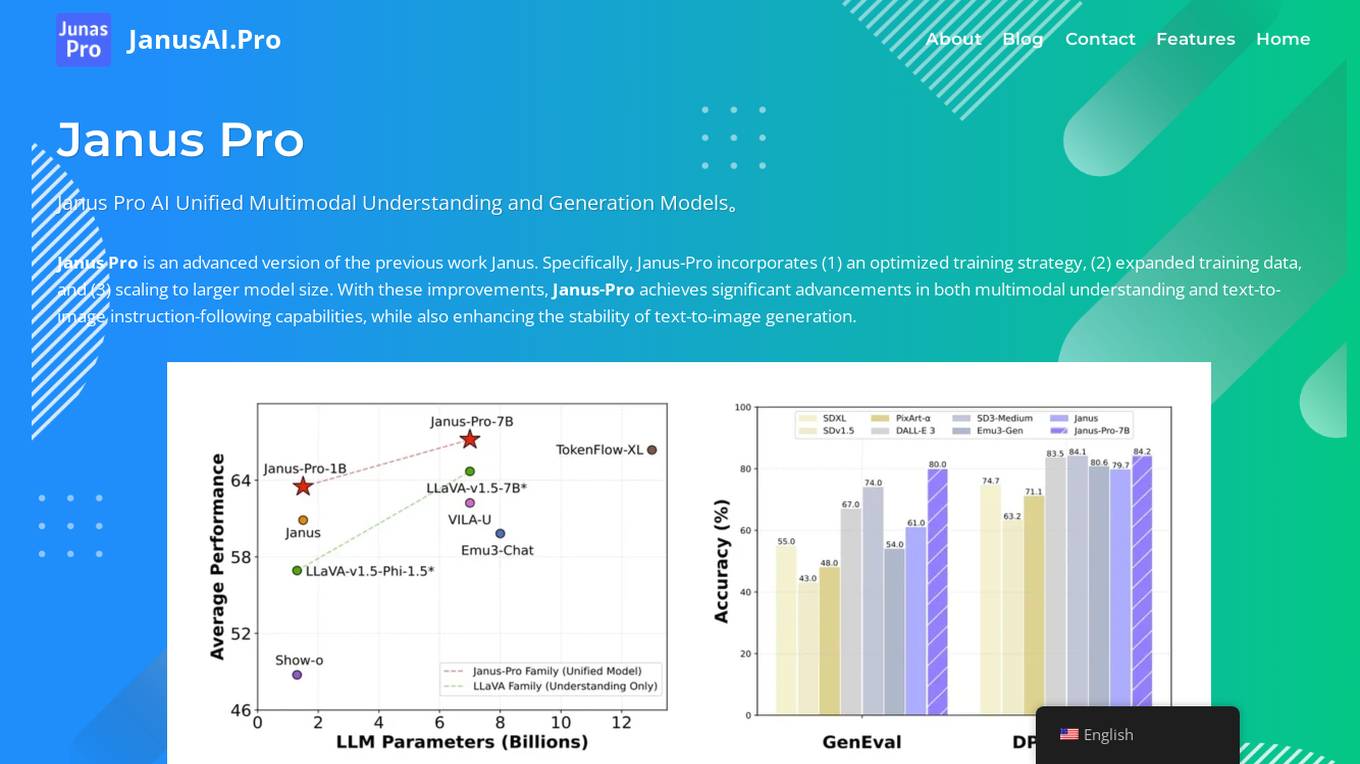
Janus Pro AI
Janus Pro AI is an advanced unified multimodal AI model that combines image understanding and generation capabilities. It incorporates optimized training strategies, expanded training data, and larger model scaling to achieve significant advancements in both multimodal understanding and text-to-image generation tasks. Janus Pro features a decoupled visual encoding system, outperforming leading models like DALL-E 3 and Stable Diffusion in benchmark tests. It offers open-source compatibility, vision processing specifications, cost-effective scalability, and an optimized training framework.
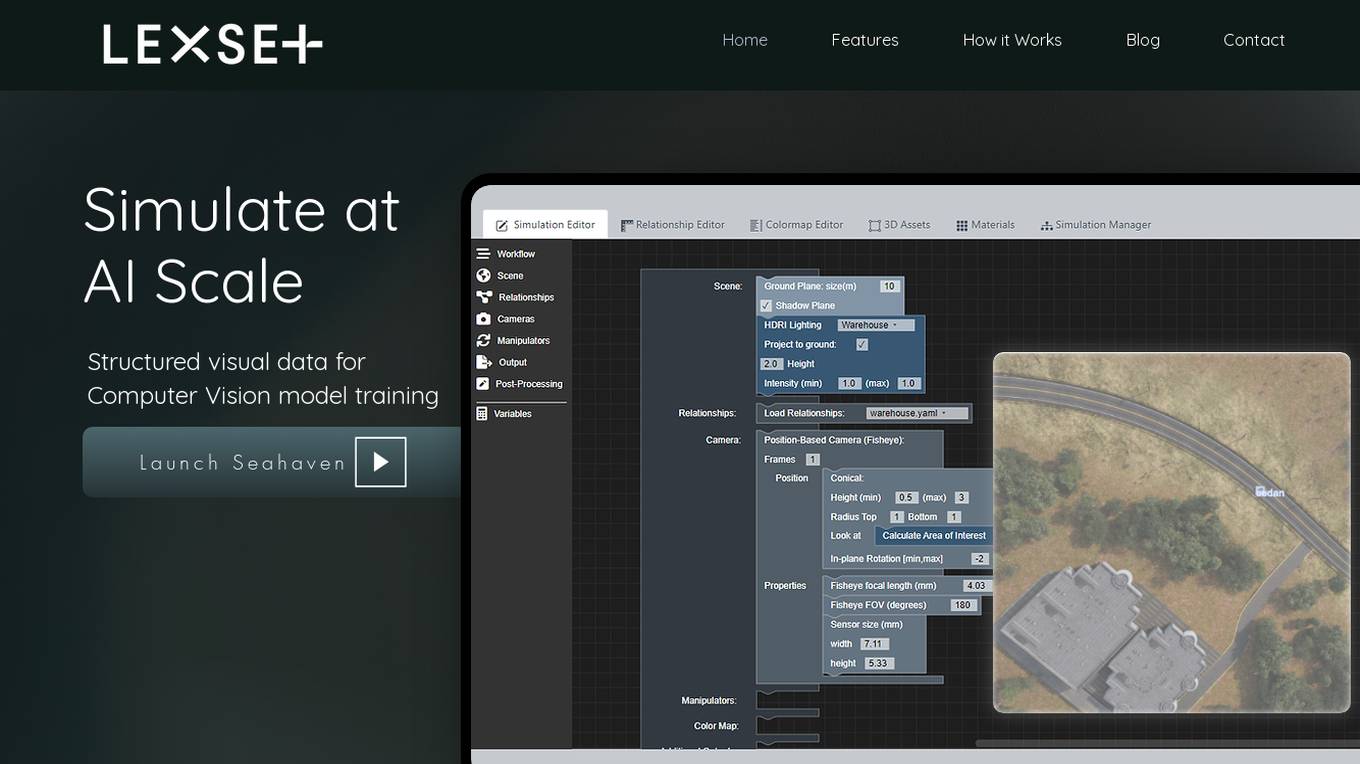
Lexset
Lexset is an AI tool that provides synthetic data generation services for computer vision model training. It offers a no-code interface to create unlimited data with advanced camera controls and lighting options. Users can simulate AI-scale environments, composite objects into images, and create custom 3D scenarios. Lexset also provides access to GPU nodes, dedicated support, and feature development assistance. The tool aims to improve object detection accuracy and optimize generalization on high-quality synthetic data.

Eigen Technologies
Eigen Technologies is an AI-powered data extraction platform designed for business users to automate the extraction of data from various documents. The platform offers solutions for intelligent document processing and automation, enabling users to streamline business processes, make informed decisions, and achieve significant efficiency gains. Eigen's platform is purpose-built to deliver real ROI by reducing manual processes, improving data accuracy, and accelerating decision-making across industries such as corporates, banks, financial services, insurance, law, and manufacturing. With features like generative insights, table extraction, pre-processing hub, and model governance, Eigen empowers users to automate data extraction workflows efficiently. The platform is known for its unmatched accuracy, speed, and capability, providing customers with a flexible and scalable solution that integrates seamlessly with existing systems.
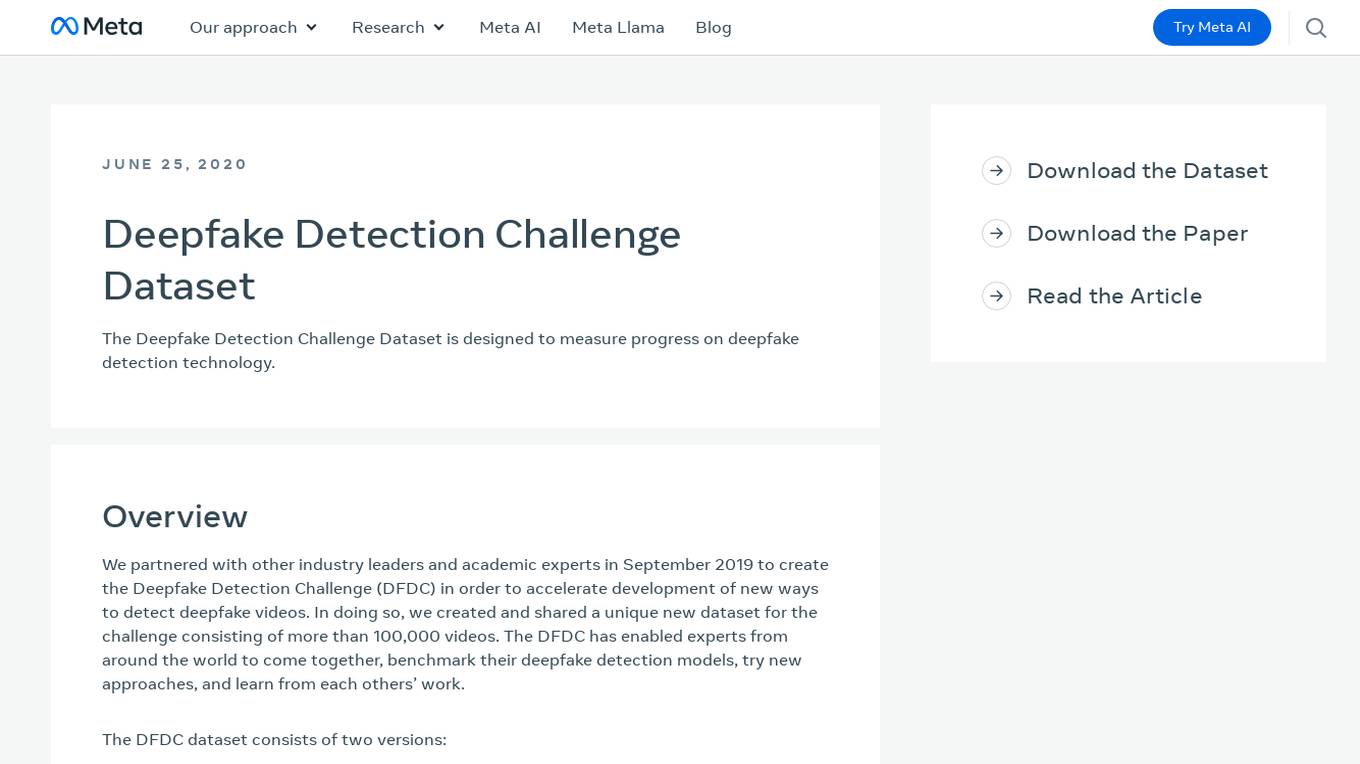
Deepfake Detection Challenge Dataset
The Deepfake Detection Challenge Dataset is a project initiated by Facebook AI to accelerate the development of new ways to detect deepfake videos. The dataset consists of over 100,000 videos and was created in collaboration with industry leaders and academic experts. It includes two versions: a preview dataset with 5k videos and a full dataset with 124k videos, each featuring facial modification algorithms. The dataset was used in a Kaggle competition to create better models for detecting manipulated media. The top-performing models achieved high accuracy on the public dataset but faced challenges when tested against the black box dataset, highlighting the importance of generalization in deepfake detection. The project aims to encourage the research community to continue advancing in detecting harmful manipulated media.
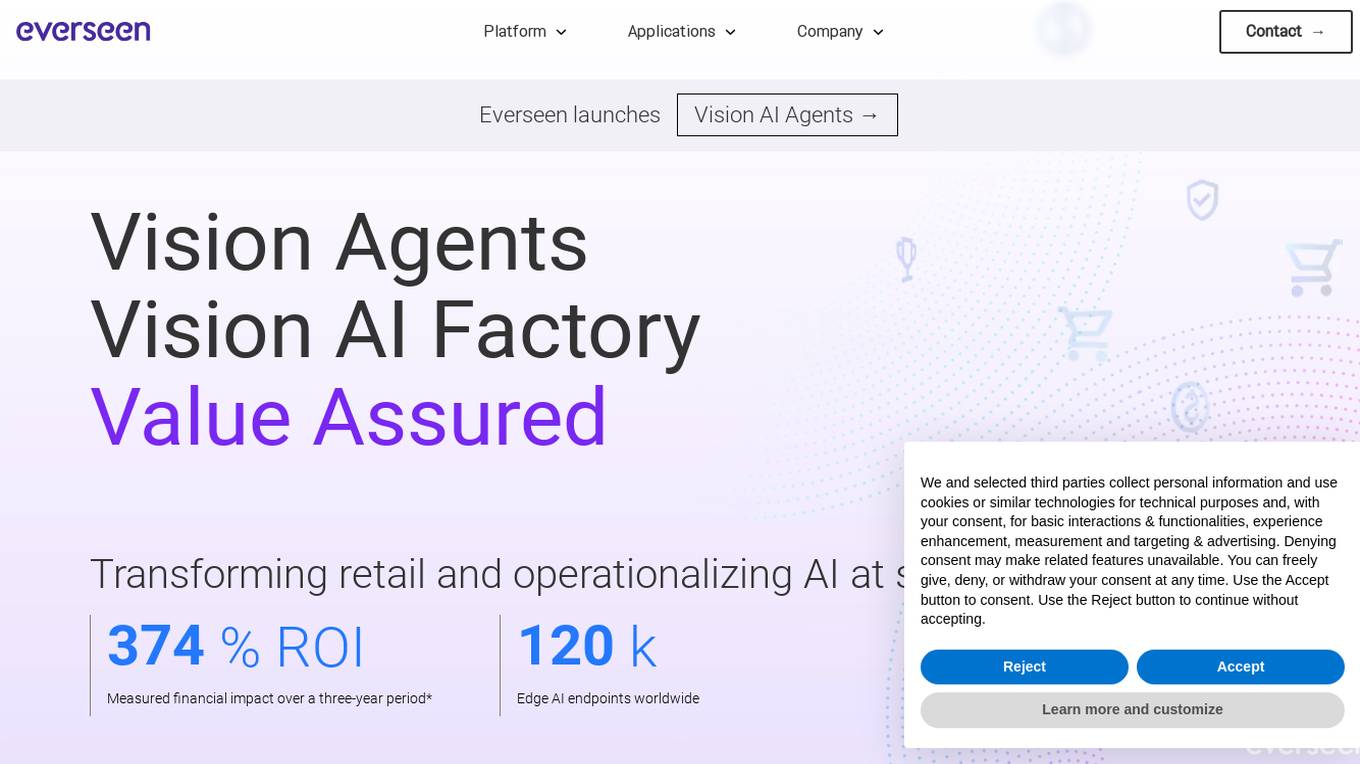
Everseen
Everseen is an AI platform that offers a comprehensive suite of tools for data collection, contextualization, insight discovery, process modeling, video translation, AI reasoning, model engineering, continuous learning, governance, and more. It is designed to help businesses in the retail industry prevent losses, accelerate sales, protect inventory, improve product availability, and ensure process integrity. Everseen's Vision AI Factory supports hyper-scaled applications with value assurance and governance at its core, enabling users to combat retail shrink threats effectively.

Pongo
Pongo is an AI-powered tool that helps reduce hallucinations in Large Language Models (LLMs) by up to 80%. It utilizes multiple state-of-the-art semantic similarity models and a proprietary ranking algorithm to ensure accurate and relevant search results. Pongo integrates seamlessly with existing pipelines, whether using a vector database or Elasticsearch, and processes top search results to deliver refined and reliable information. Its distributed architecture ensures consistent latency, handling a wide range of requests without compromising speed. Pongo prioritizes data security, operating at runtime with zero data retention and no data leaving its secure AWS VPC.
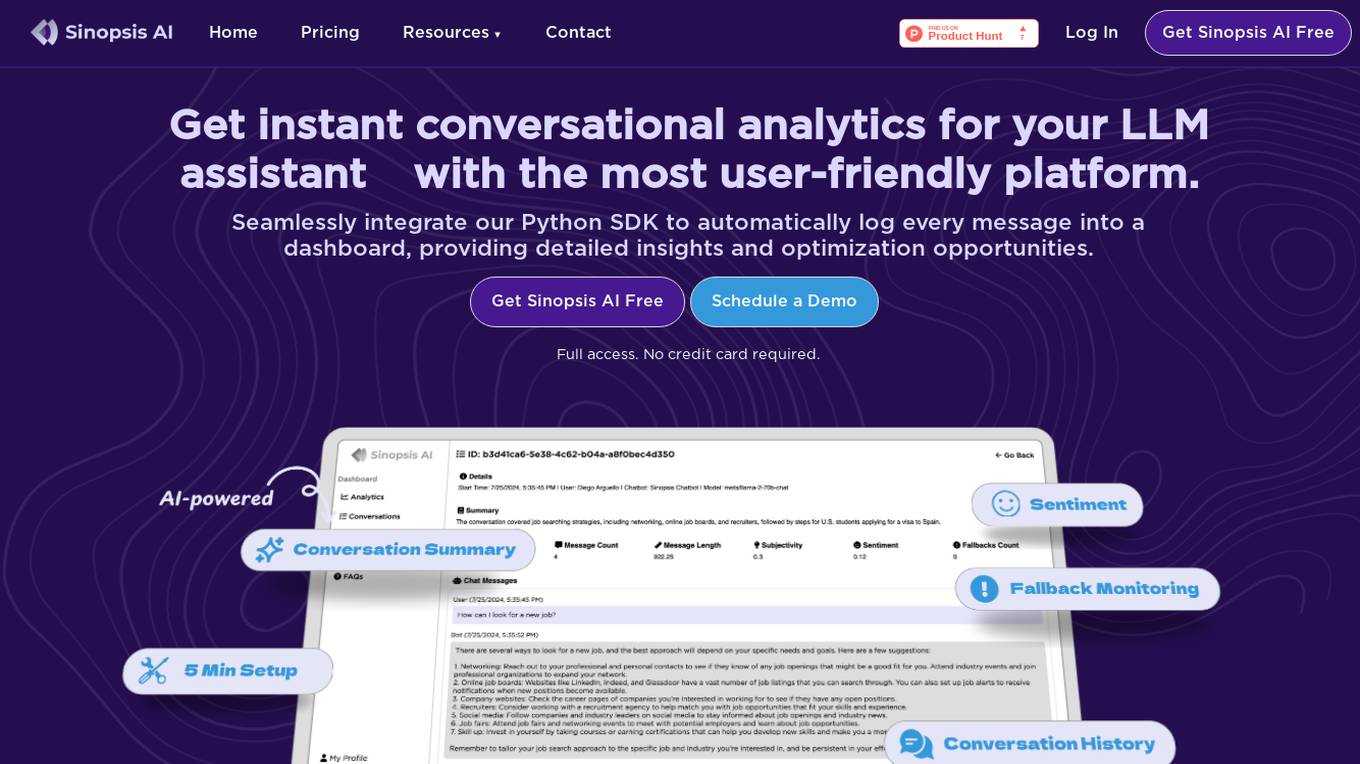
Sinopsis AI
Sinopsis AI is an analytics tool designed for AI chatbots, offering detailed insights into user interactions to enhance response accuracy and user experience. It seamlessly integrates with existing systems, providing real-time data updates and customizable analytics reports. With a user-friendly platform and model-agnostic compatibility, Sinopsis AI empowers businesses to optimize their chatbot performance and improve customer engagement strategies.
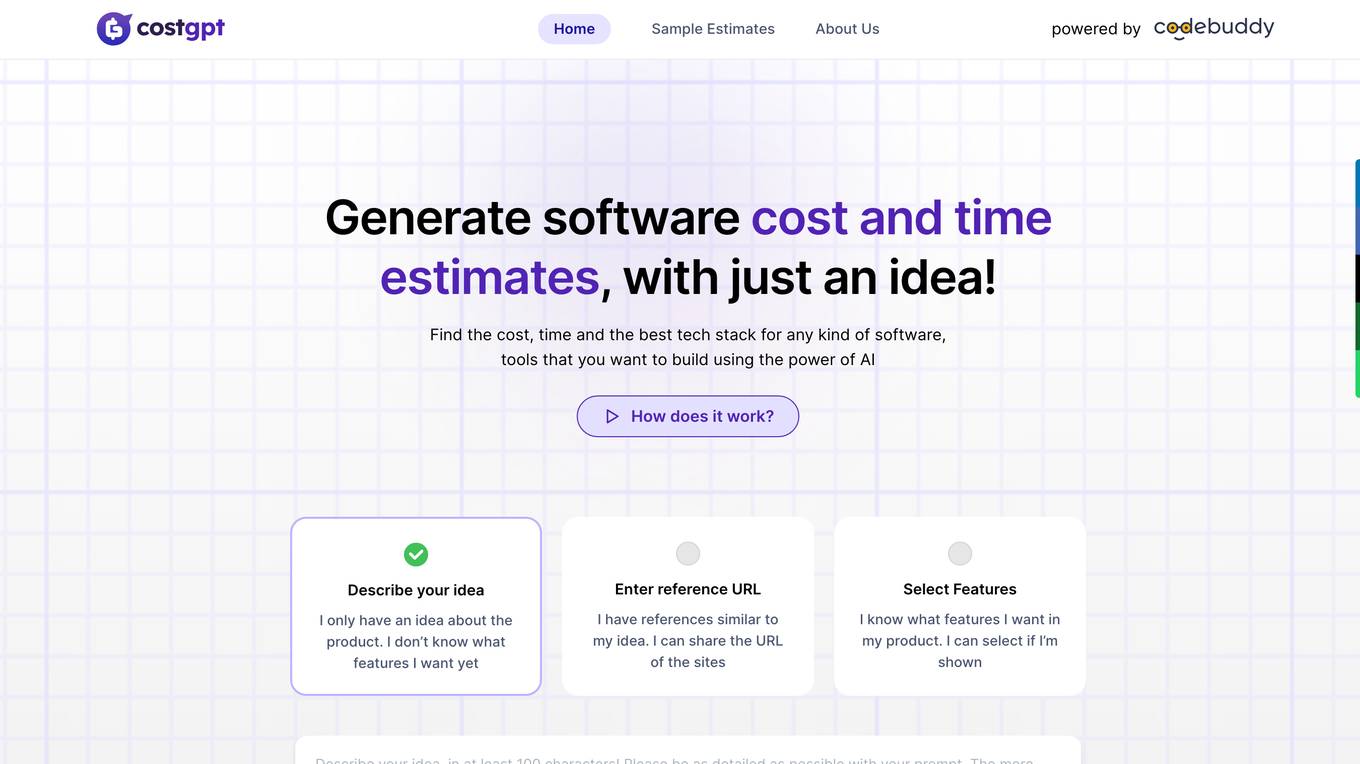
CostGPT
CostGPT is an AI-driven tool designed to simplify software project planning by providing comprehensive roadmaps that include detailed estimates like costs, features, sitemaps, and milestones. It offers a user-friendly interface and detailed insights suitable for project managers, developers, business owners, and anyone involved in software project planning and execution. CostGPT's AI model is trained on data from over 2000 projects, continuously learning and adapting to new data to improve accuracy and relevance over time.
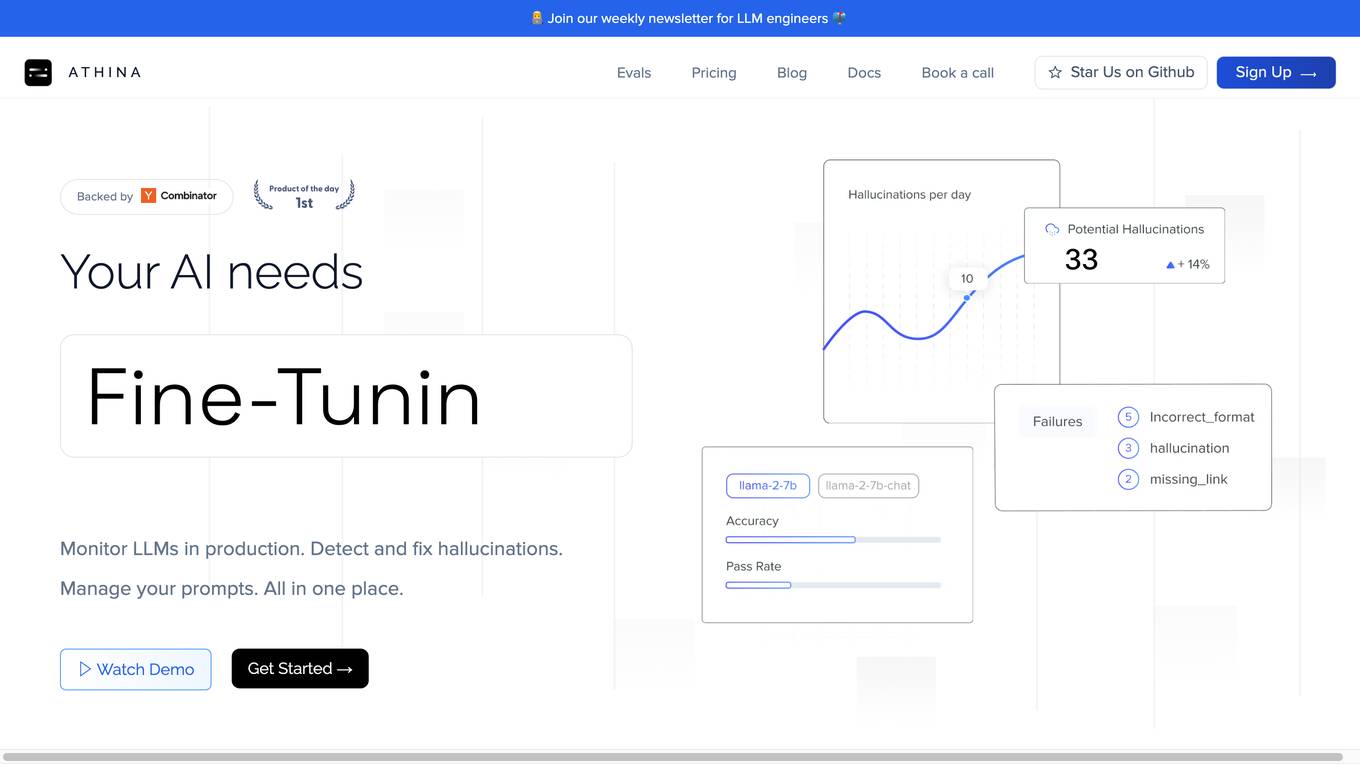
Athina AI
Athina AI is a comprehensive platform designed to monitor, debug, analyze, and improve the performance of Large Language Models (LLMs) in production environments. It provides a suite of tools and features that enable users to detect and fix hallucinations, evaluate output quality, analyze usage patterns, and optimize prompt management. Athina AI supports integration with various LLMs and offers a range of evaluation metrics, including context relevancy, harmfulness, summarization accuracy, and custom evaluations. It also provides a self-hosted solution for complete privacy and control, a GraphQL API for programmatic access to logs and evaluations, and support for multiple users and teams. Athina AI's mission is to empower organizations to harness the full potential of LLMs by ensuring their reliability, accuracy, and alignment with business objectives.
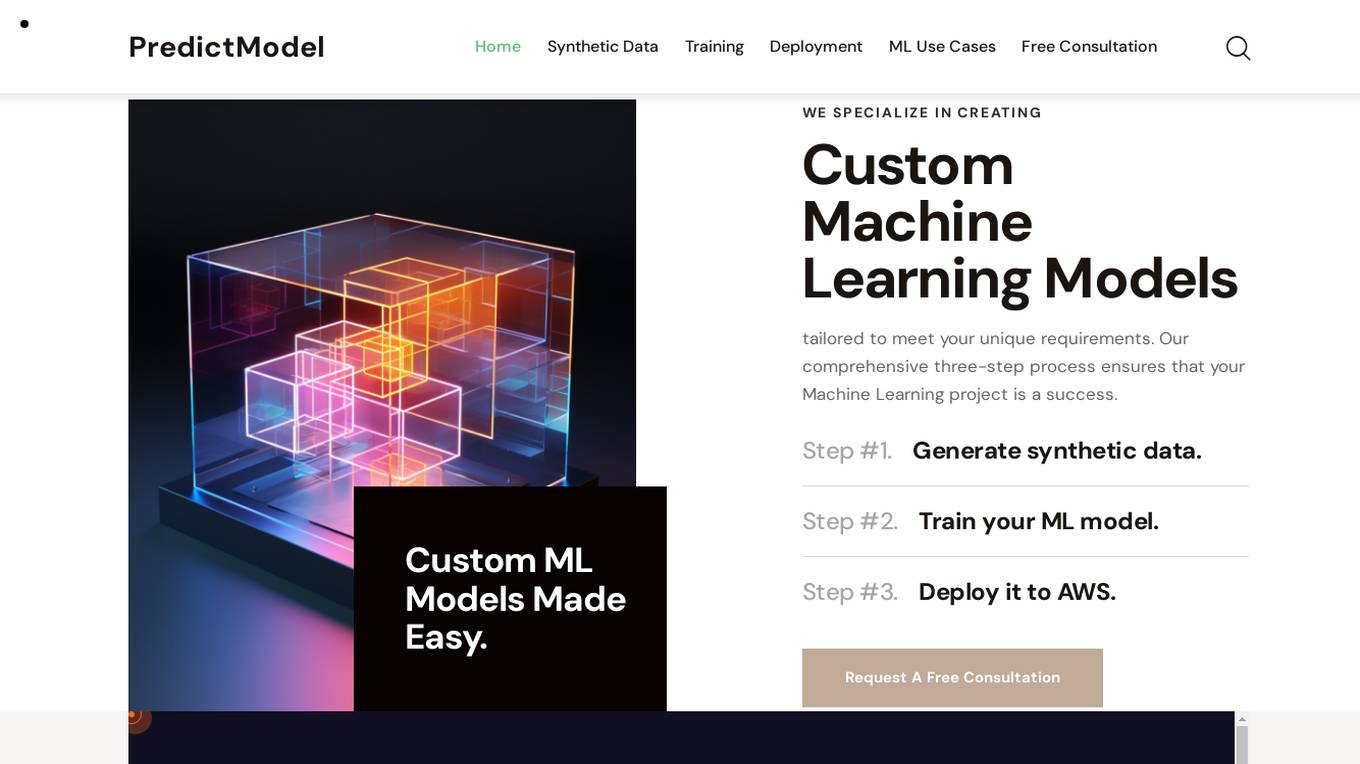
PredictModel
PredictModel is an AI tool that specializes in creating custom Machine Learning models tailored to meet unique requirements. The platform offers a comprehensive three-step process, including generating synthetic data, training ML models, and deploying them to AWS. PredictModel helps businesses streamline processes, improve customer segmentation, enhance client interaction, and boost overall business performance. The tool maximizes accuracy through customized synthetic data generation and saves time and money by providing expert ML engineers. With a focus on automated lead prioritization, fraud detection, cost optimization, and planning, PredictModel aims to stay ahead of the curve in the ML industry.
1 - Open Source AI Tools
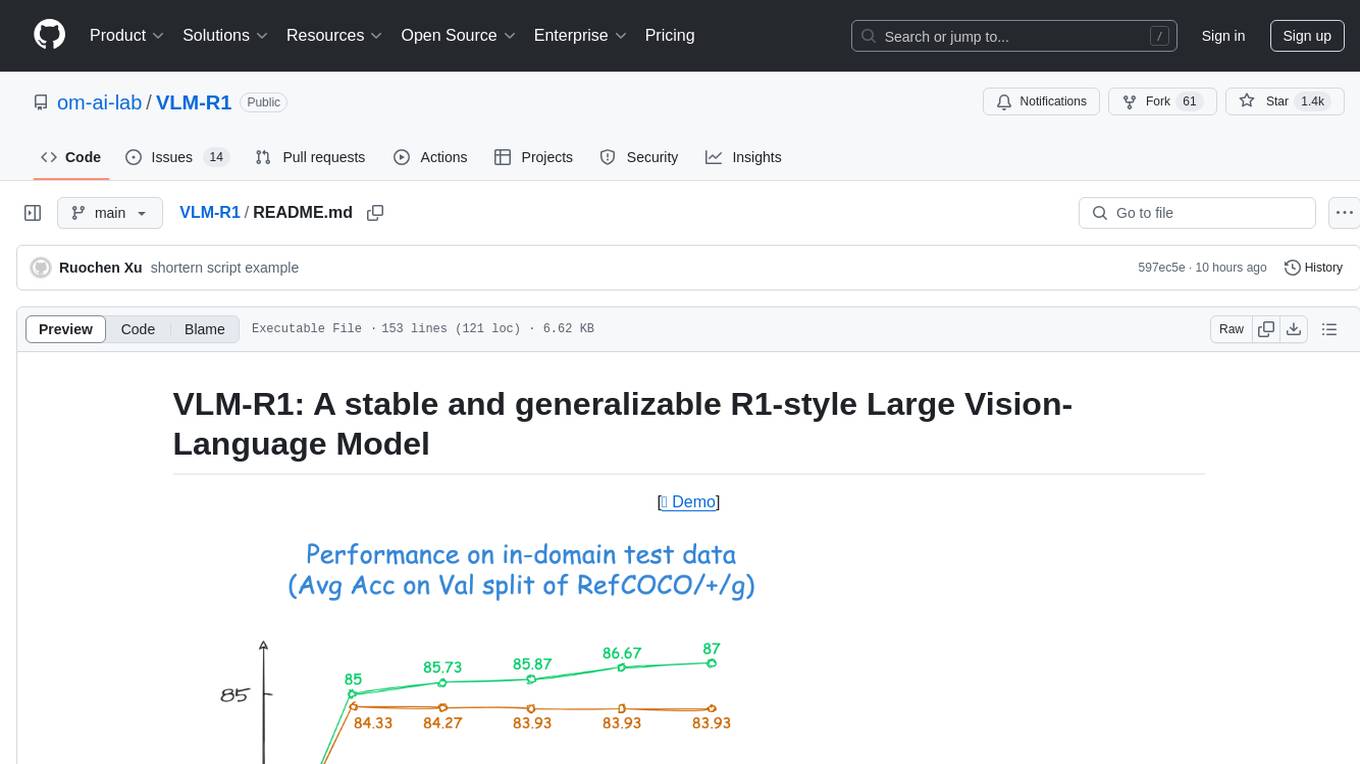
VLM-R1
VLM-R1 is a stable and generalizable R1-style Large Vision-Language Model proposed for Referring Expression Comprehension (REC) task. It compares R1 and SFT approaches, showing R1 model's steady improvement on out-of-domain test data. The project includes setup instructions, training steps for GRPO and SFT models, support for user data loading, and evaluation process. Acknowledgements to various open-source projects and resources are mentioned. The project aims to provide a reliable and versatile solution for vision-language tasks.
20 - OpenAI Gpts
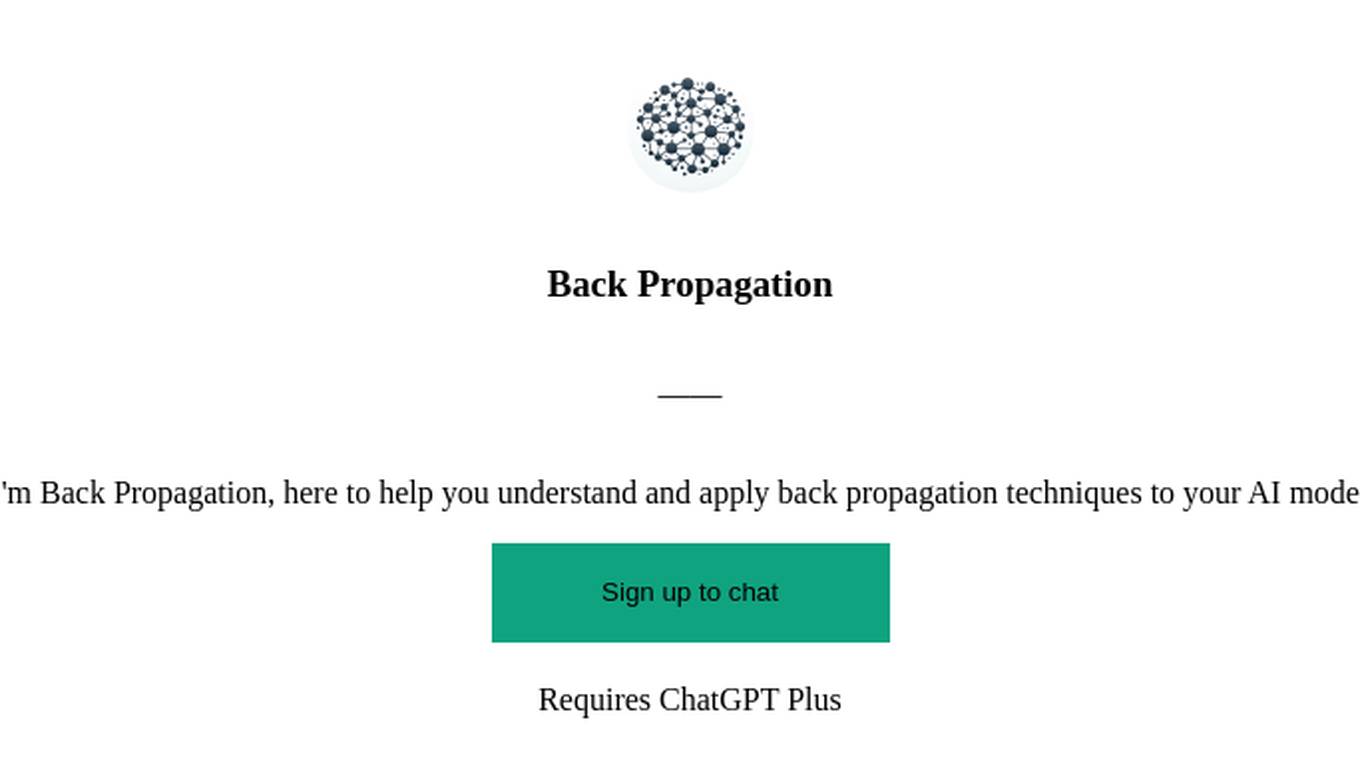
Back Propagation
I'm Back Propagation, here to help you understand and apply back propagation techniques to your AI models.
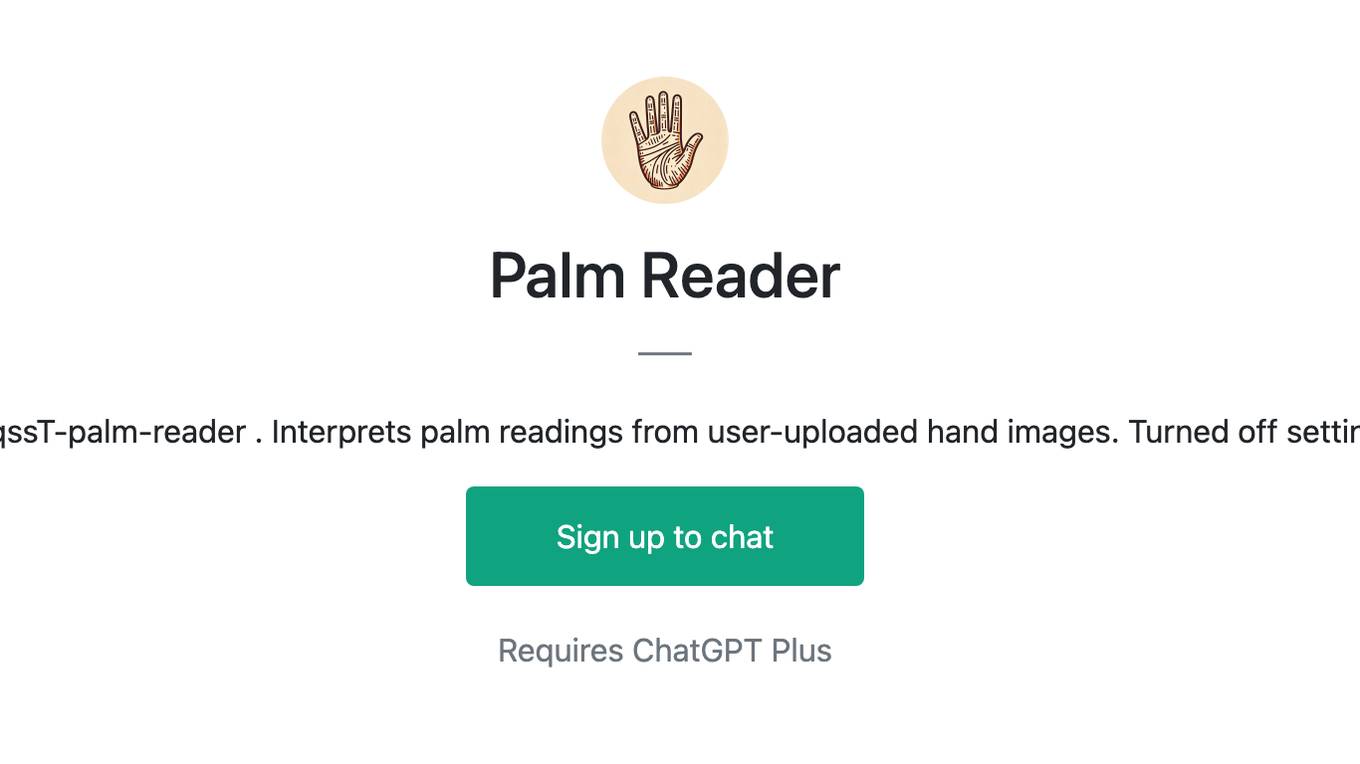
Palm Reader
Moved to https://chat.openai.com/g/g-KFnF7qssT-palm-reader . Interprets palm readings from user-uploaded hand images. Turned off setting to use data for OpenAi to improve model.
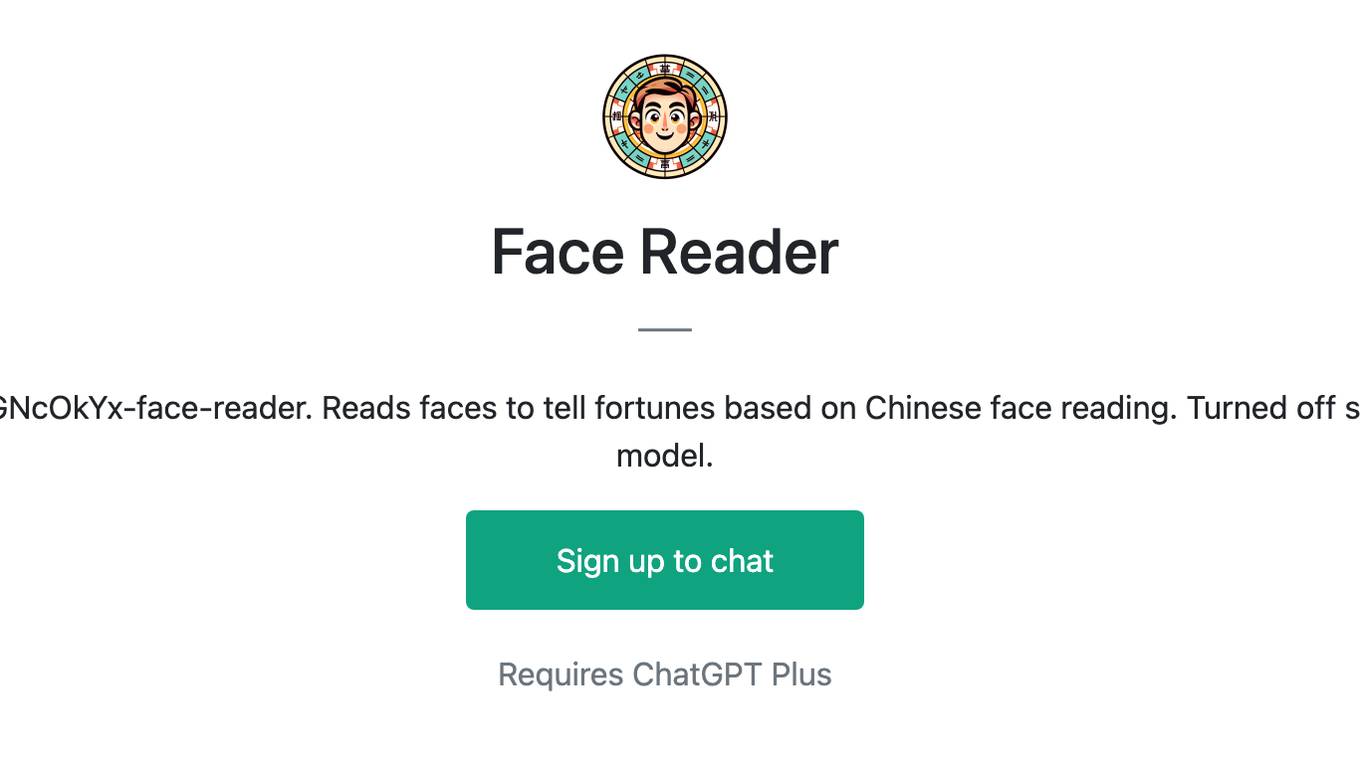
Face Reader
Moved to https://chat.openai.com/g/g-q6GNcOkYx-face-reader. Reads faces to tell fortunes based on Chinese face reading. Turned off setting to use data for OpenAi to improve model.
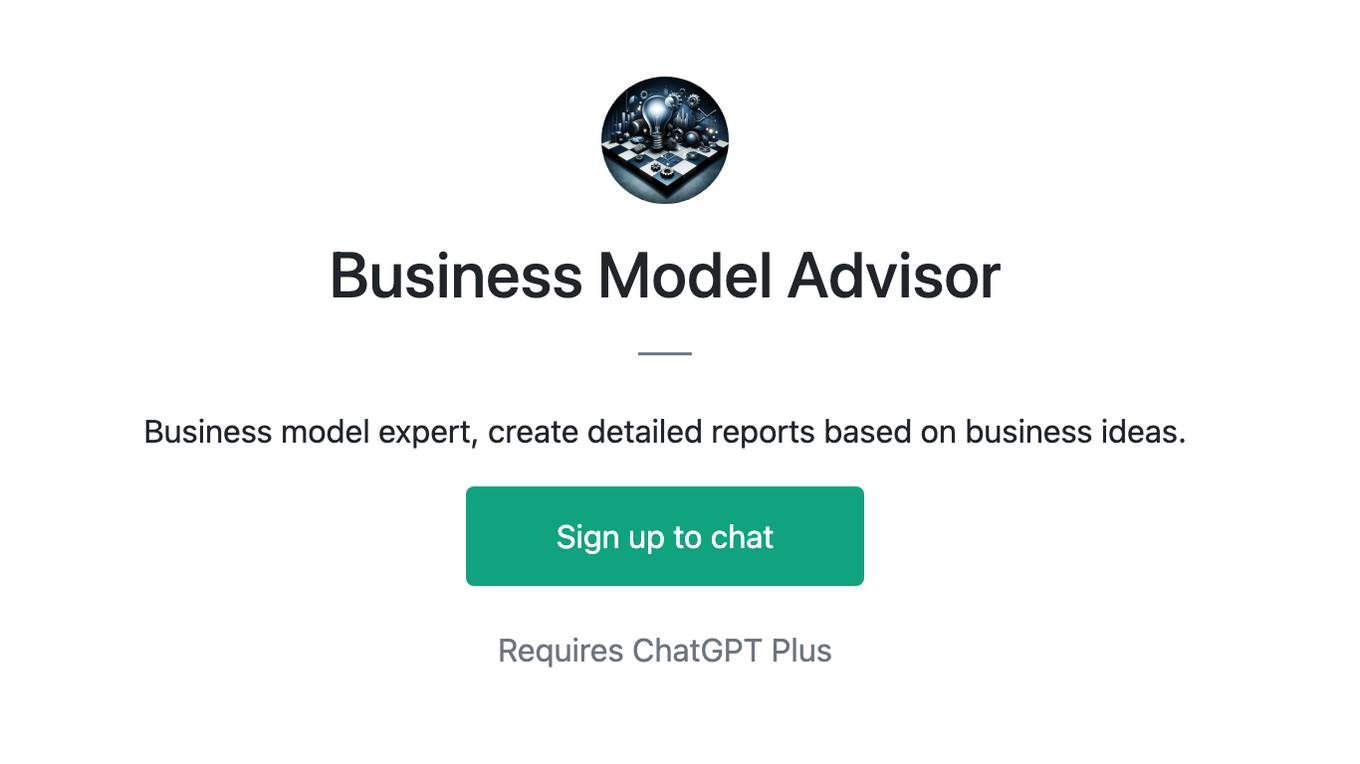
Business Model Advisor
Business model expert, create detailed reports based on business ideas.

Create A Business Model Canvas For Your Business
Let's get started by telling me about your business: What do you offer? Who do you serve? ------------------------------------------------------- Need help Prompt Engineering? Reach out on LinkedIn: StephenHnilica

Business Model Canvas Wizard
Un aiuto a costruire il Business Model Canvas della tua iniziativa
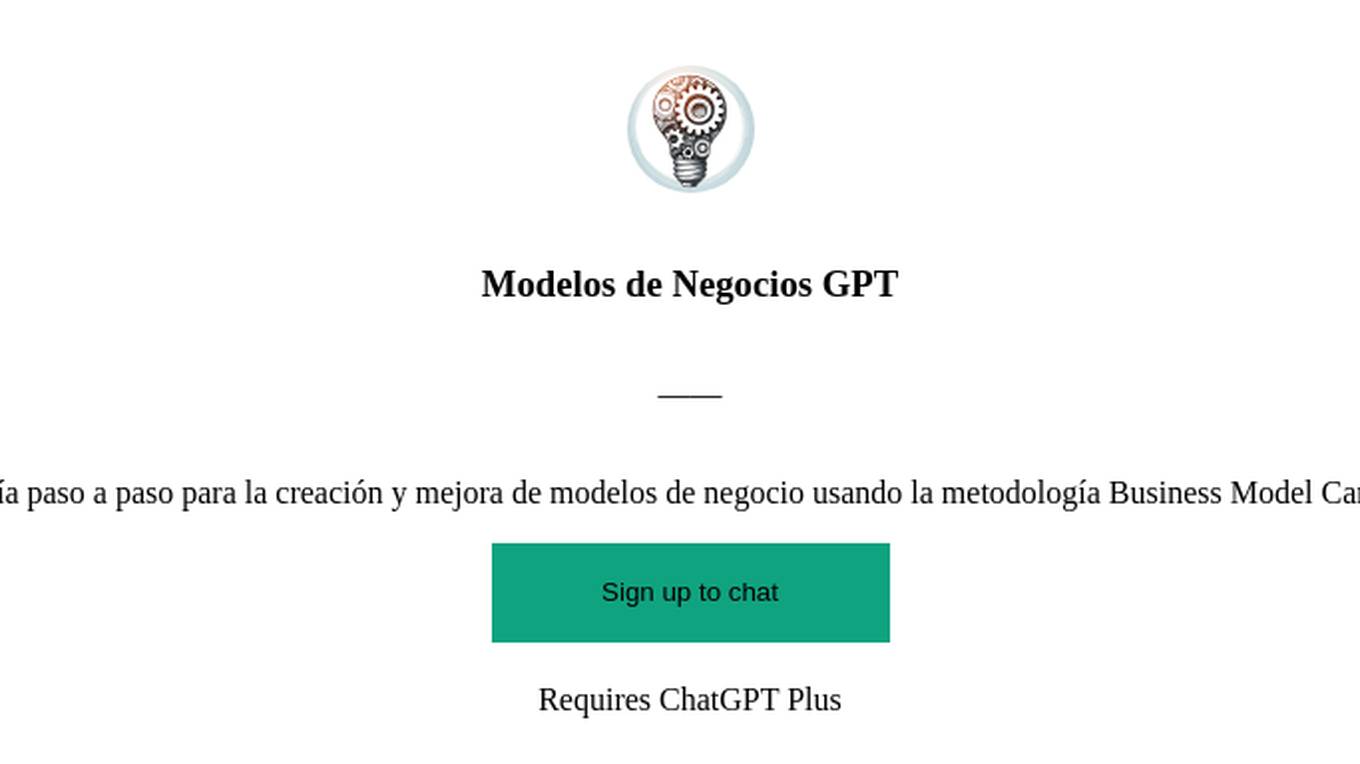
Modelos de Negocios GPT
Guía paso a paso para la creación y mejora de modelos de negocio usando la metodología Business Model Canvas.
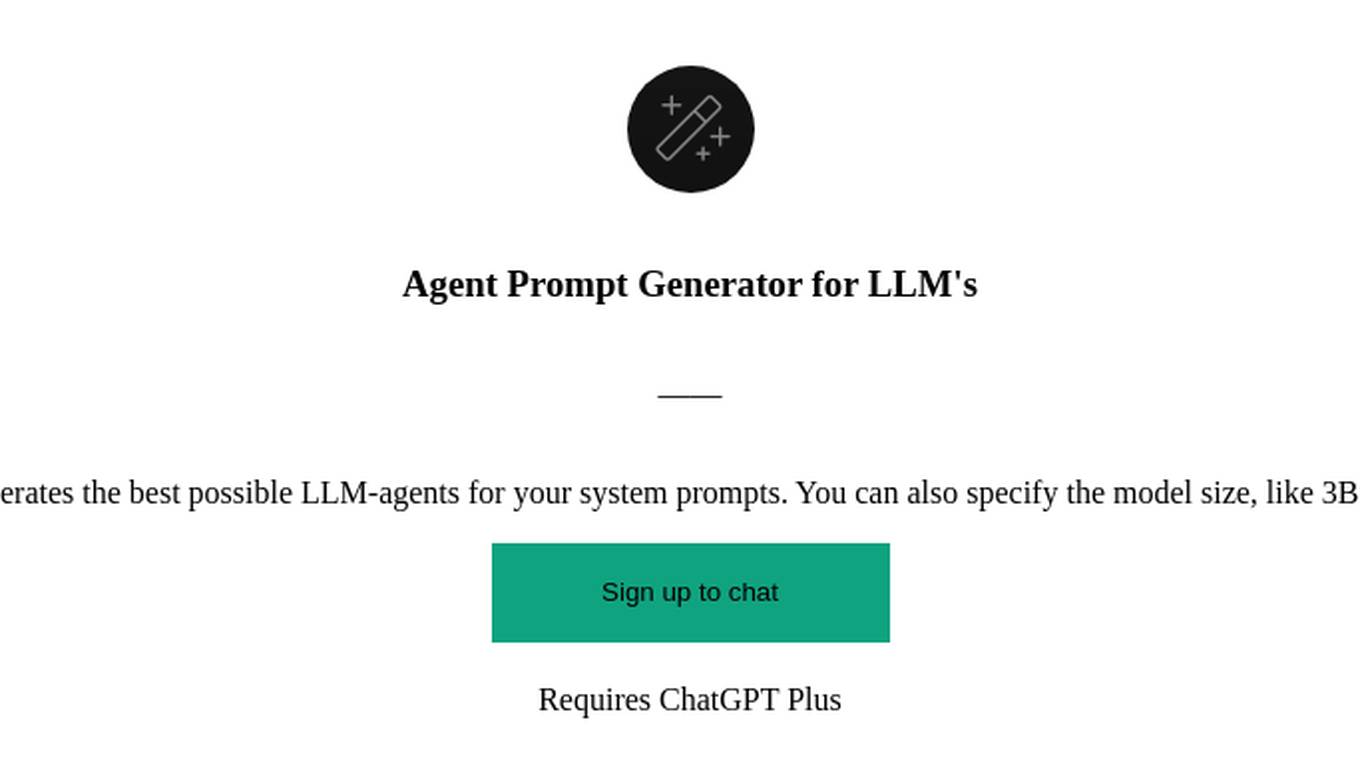
Agent Prompt Generator for LLM's
This GPT generates the best possible LLM-agents for your system prompts. You can also specify the model size, like 3B, 33B, 70B, etc.
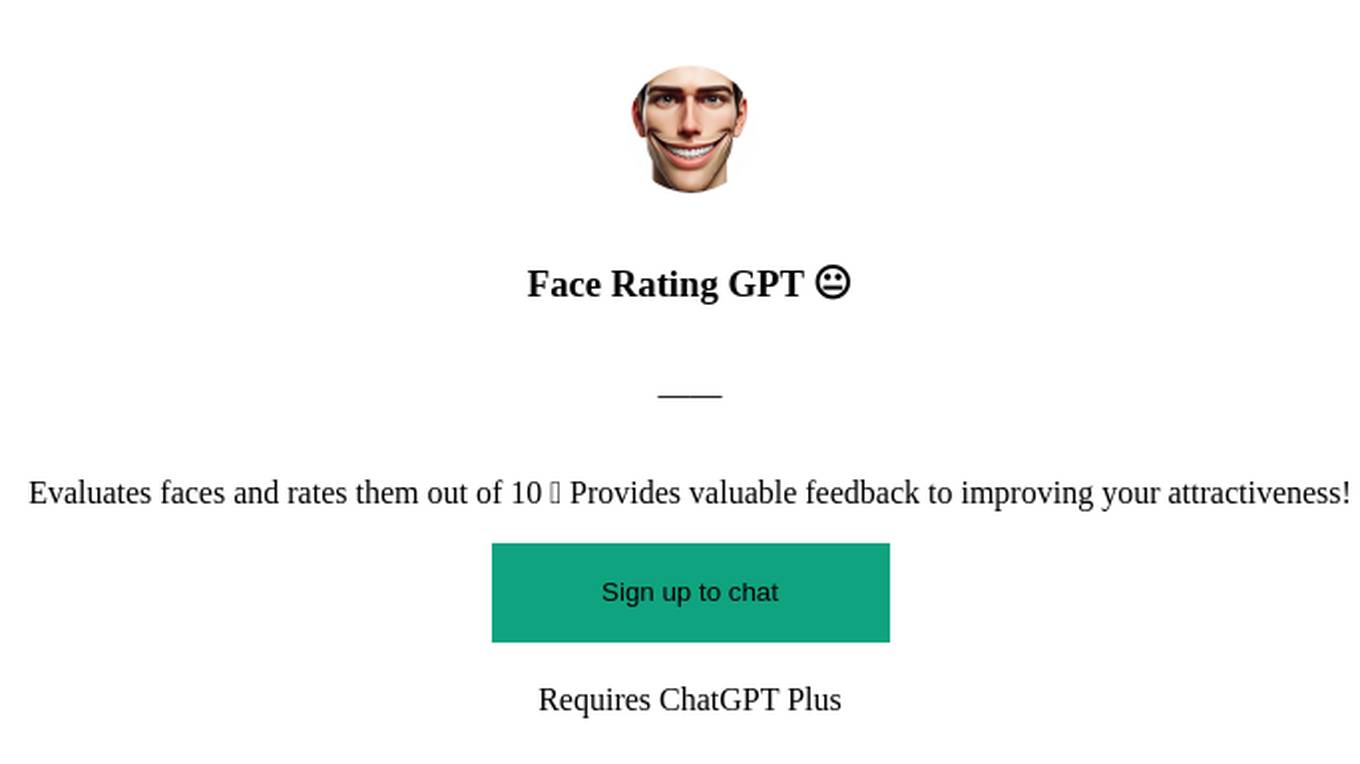
Face Rating GPT 😐
Evaluates faces and rates them out of 10 ⭐ Provides valuable feedback to improving your attractiveness!
